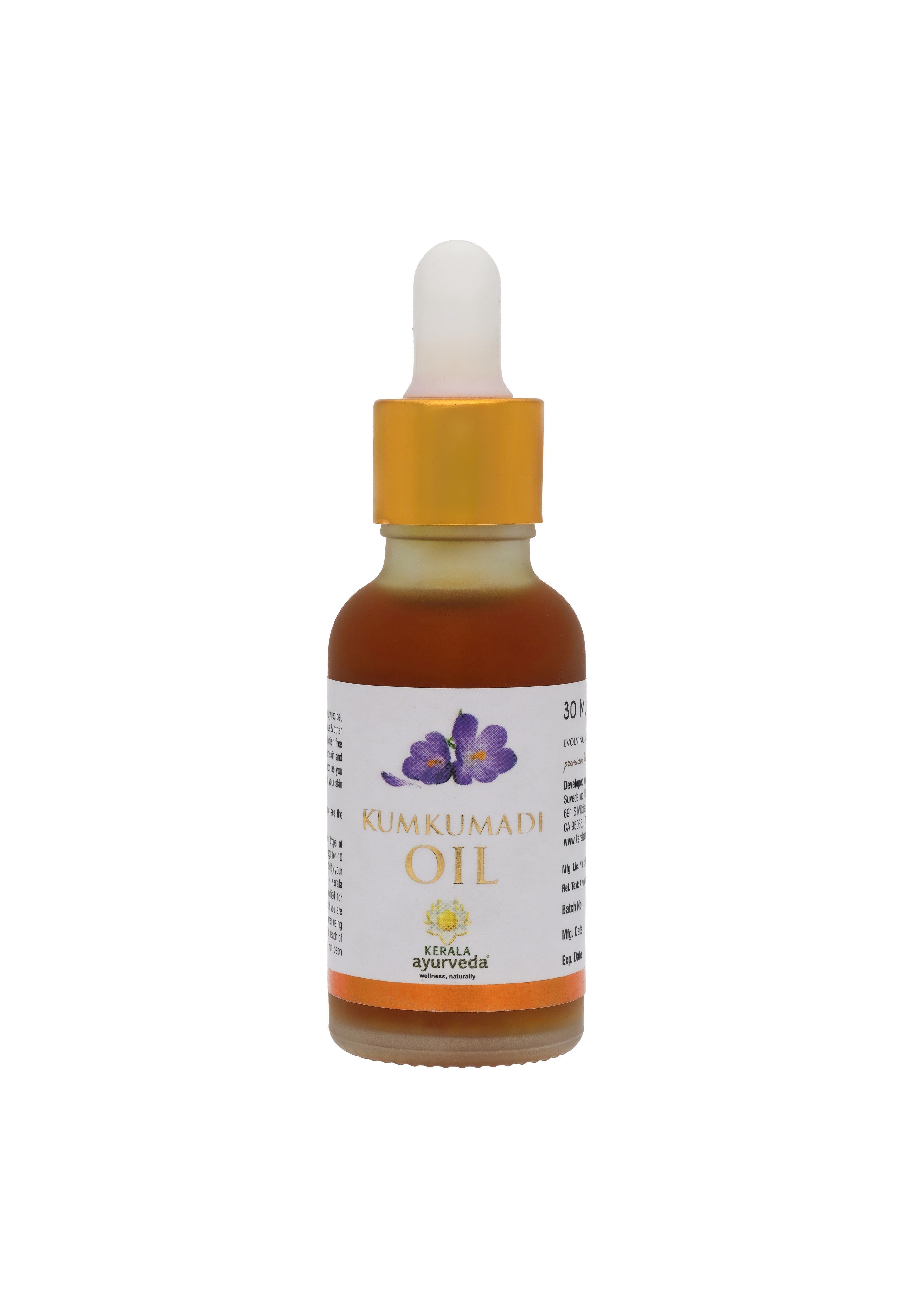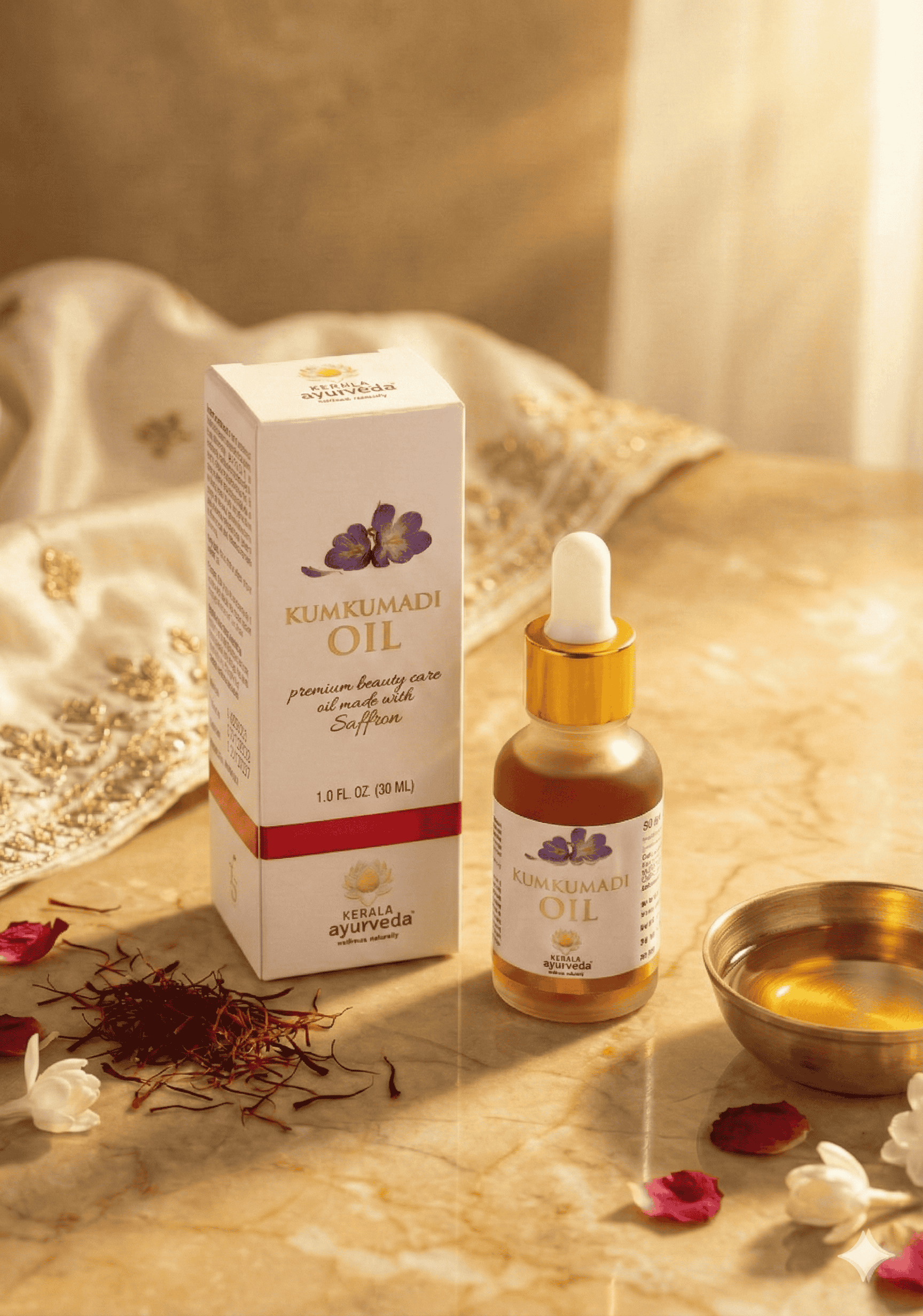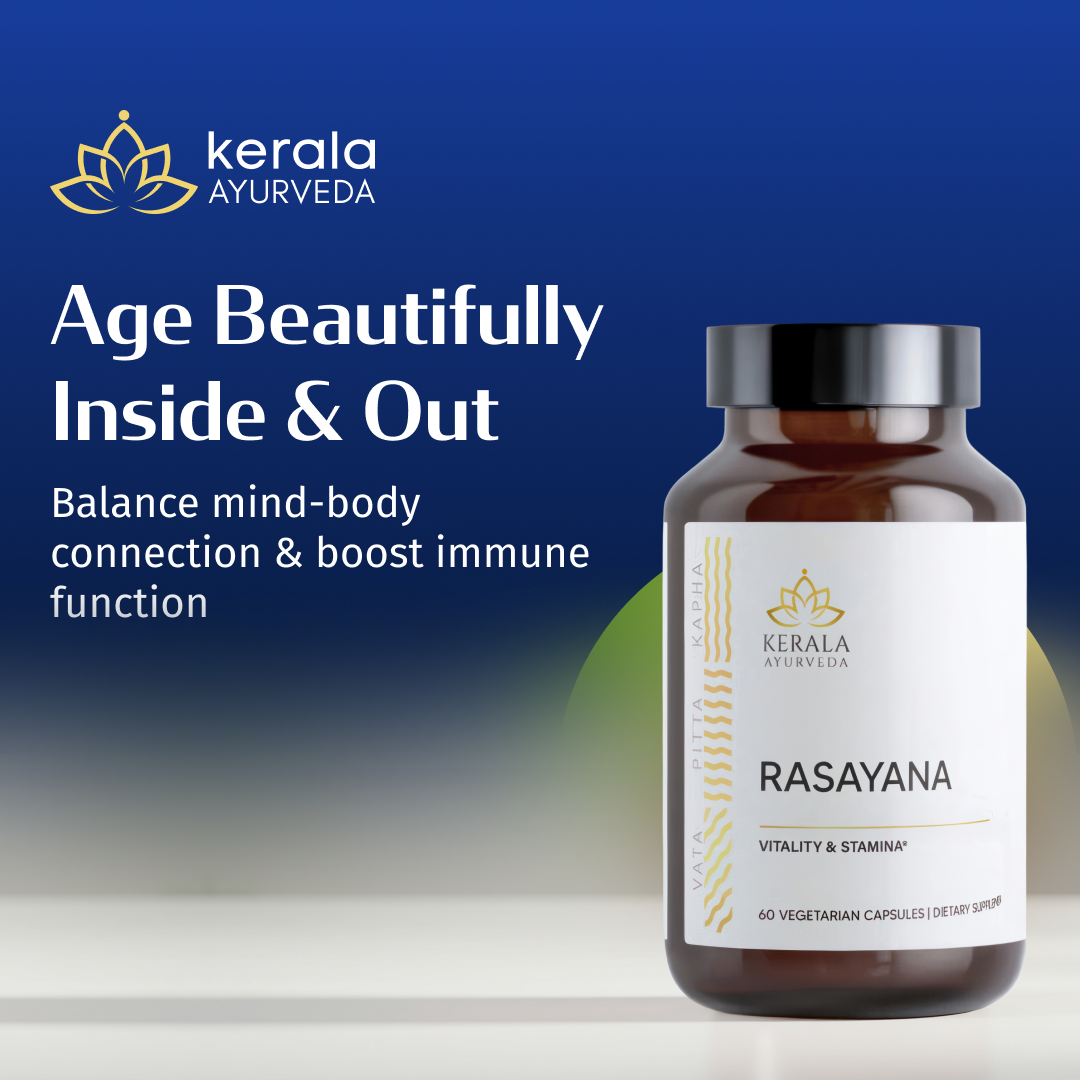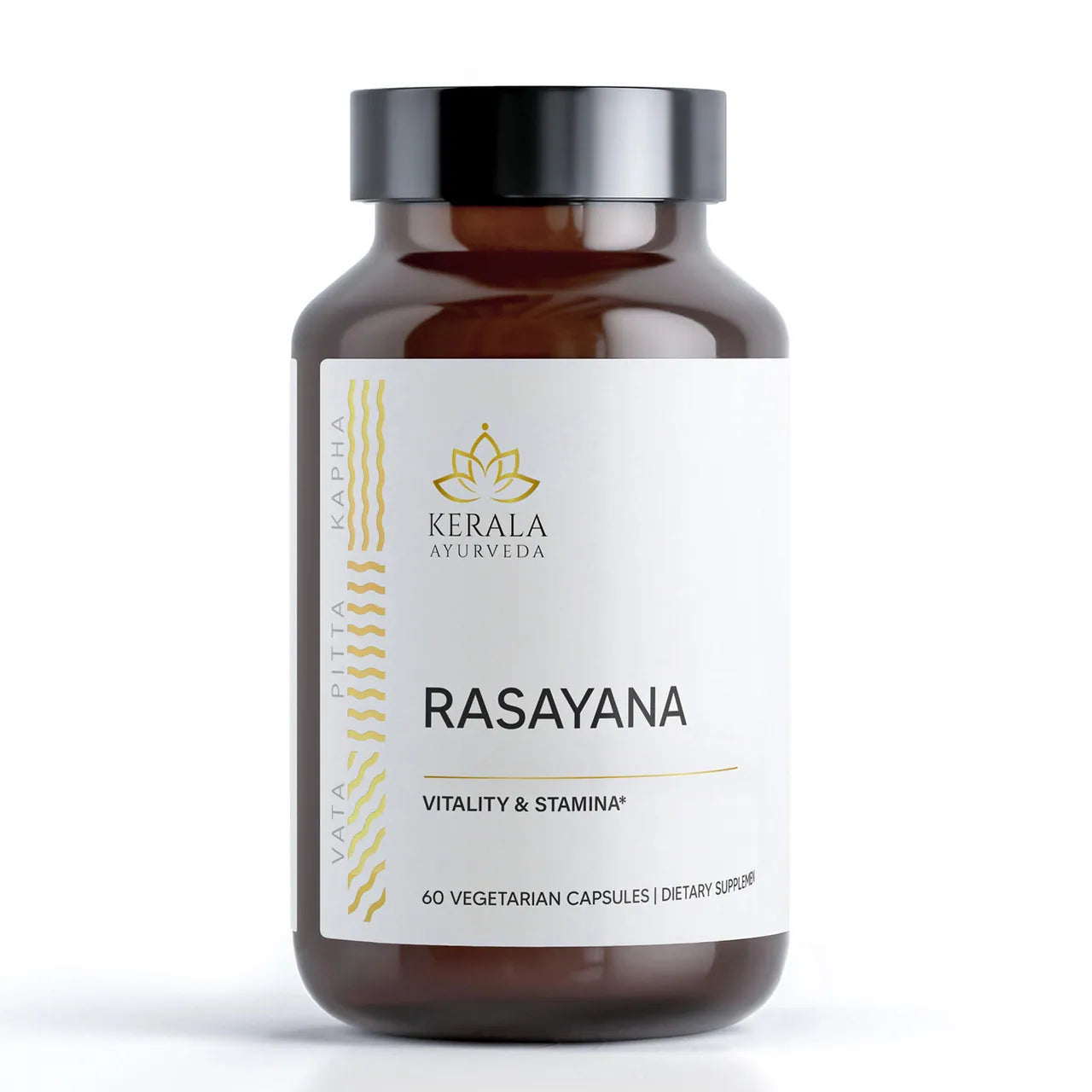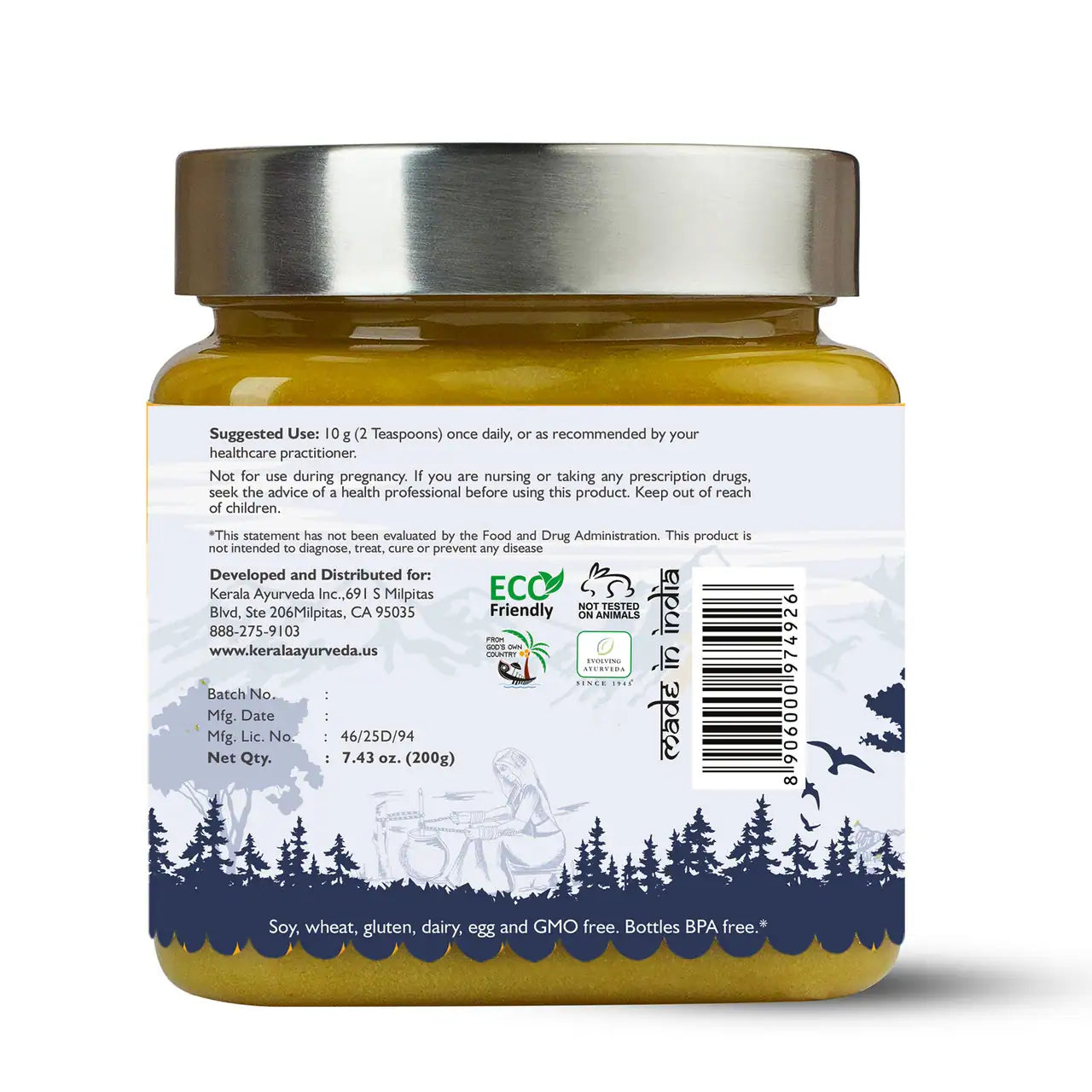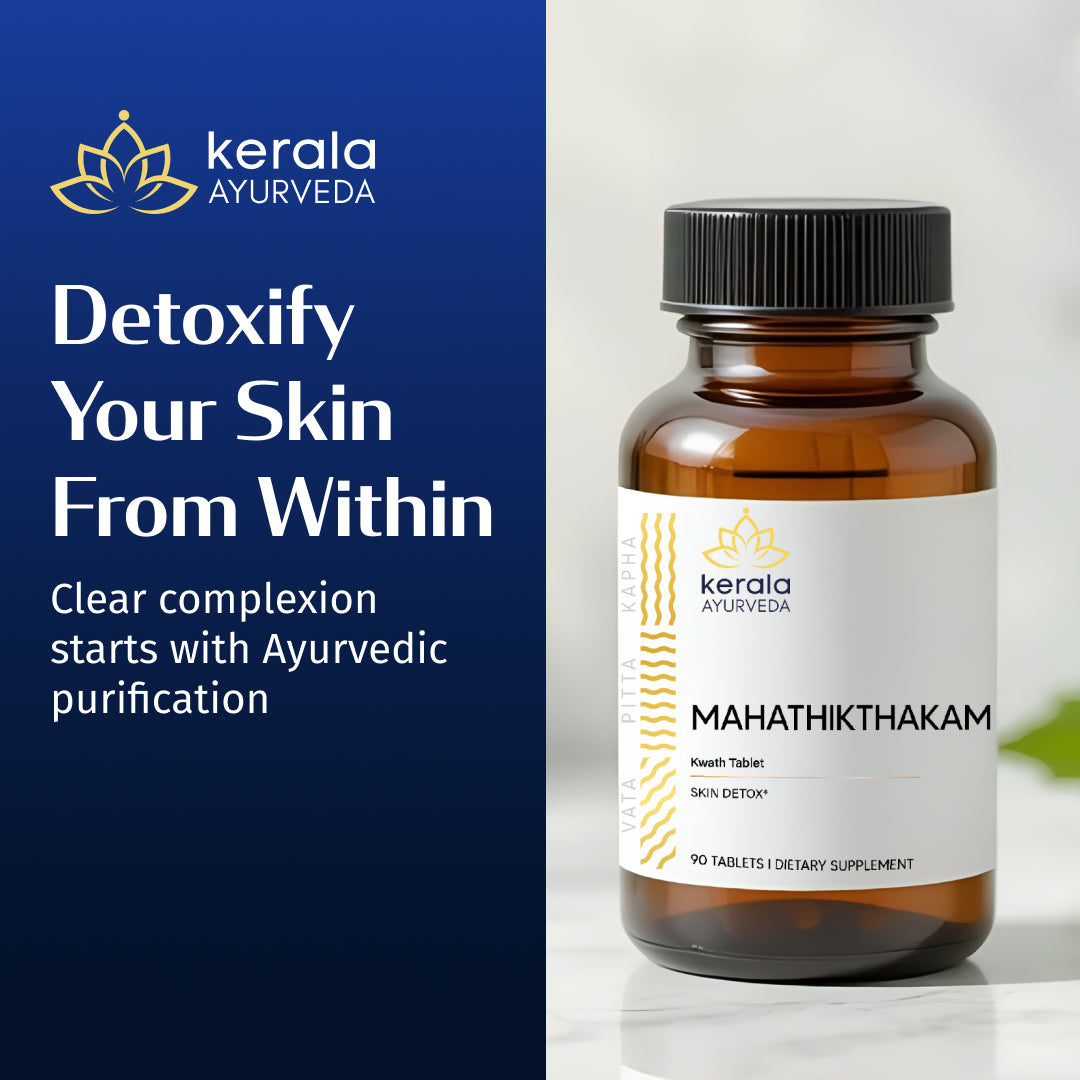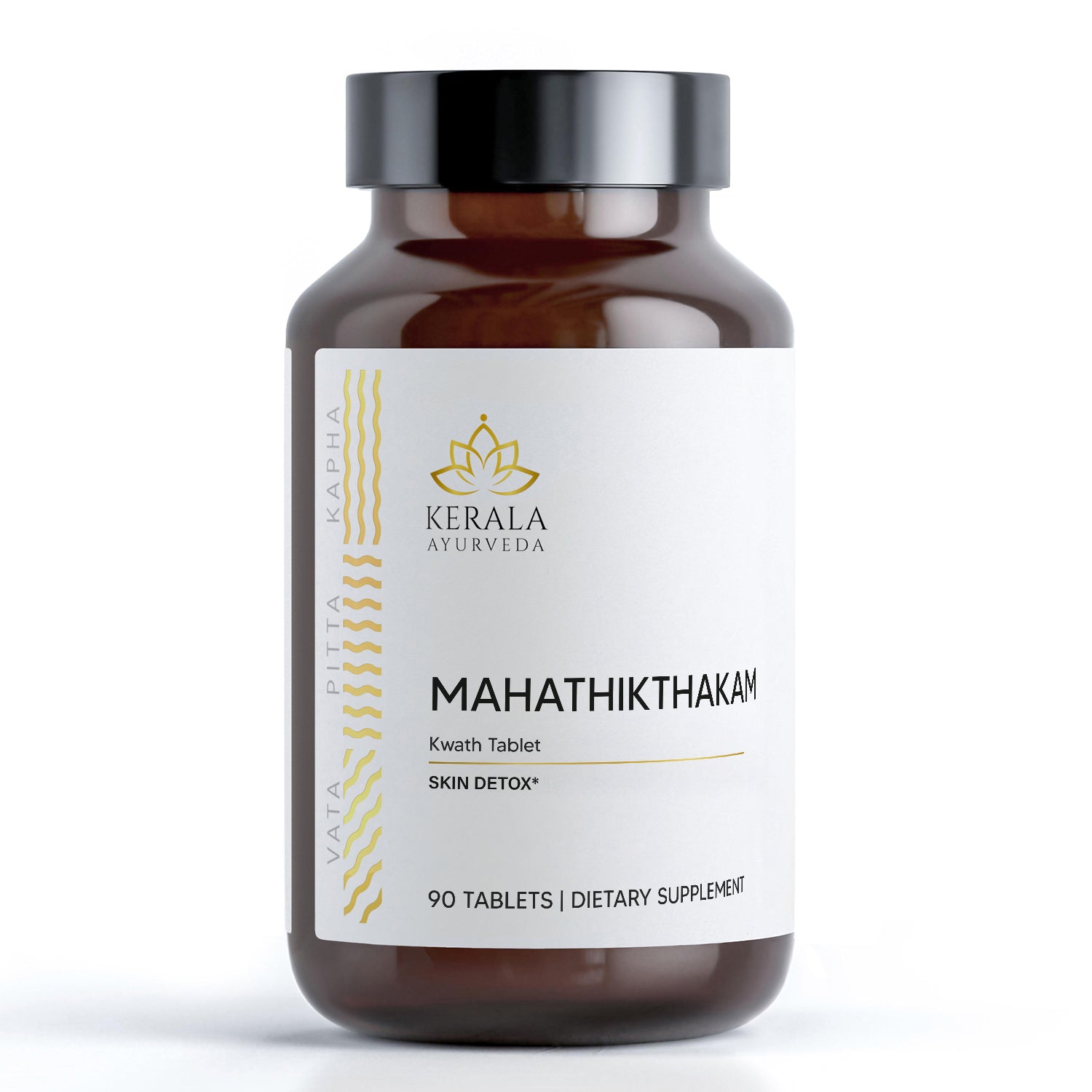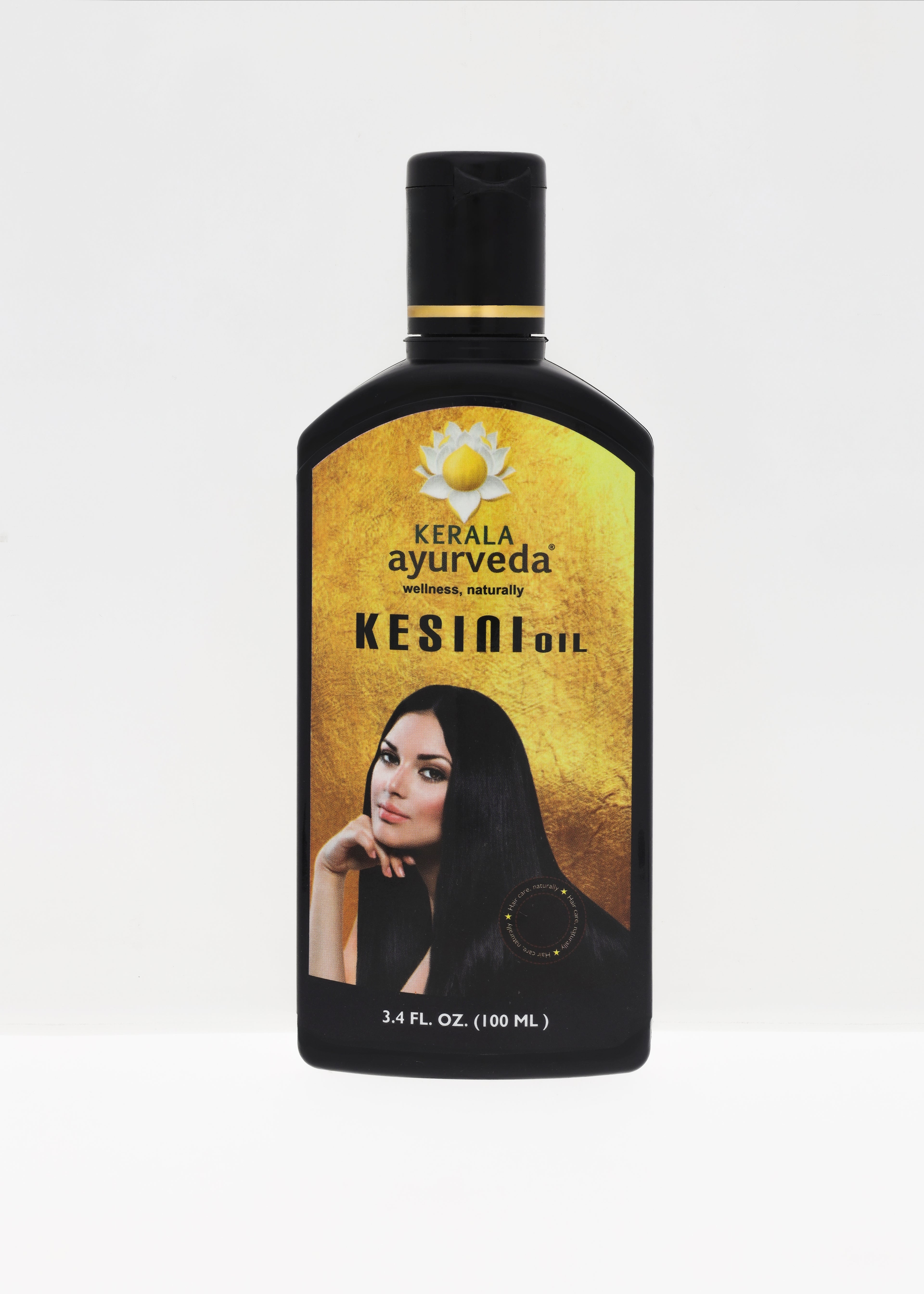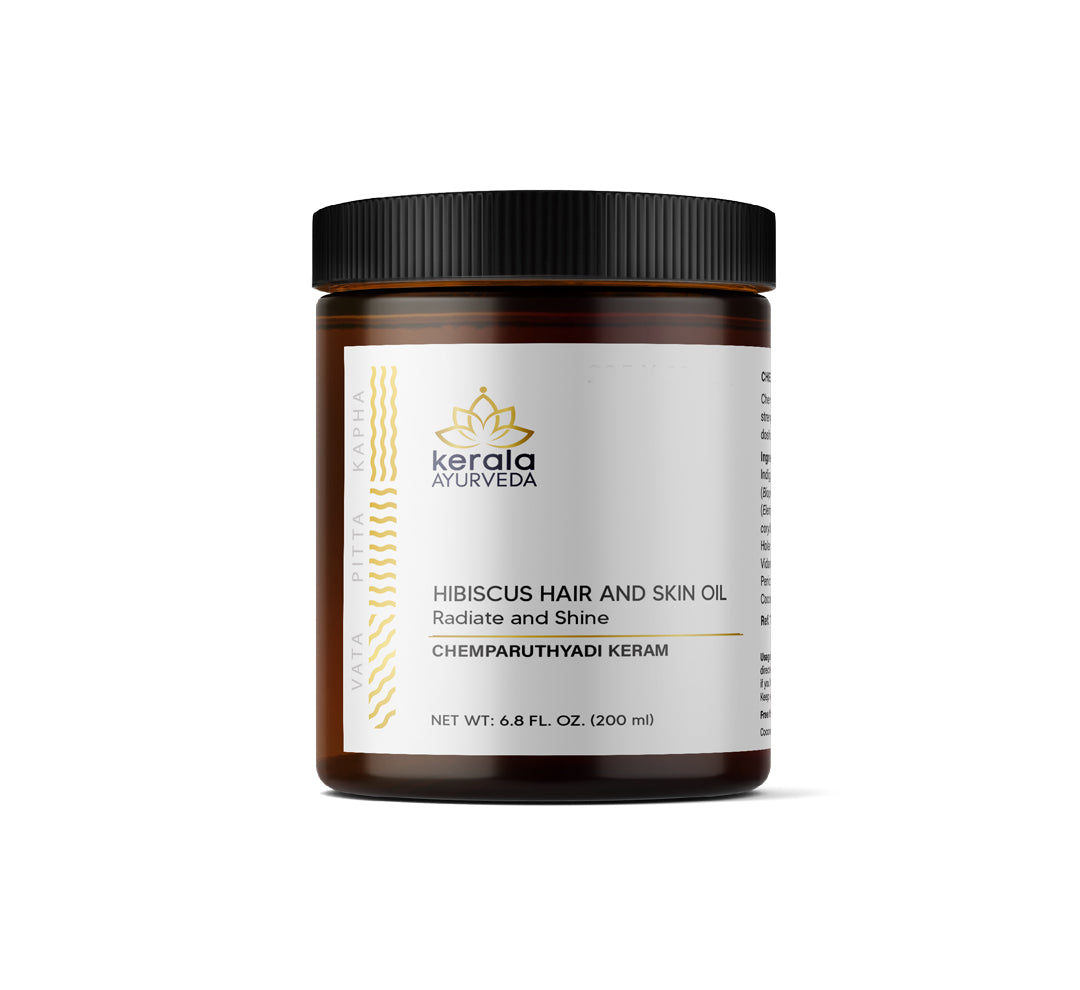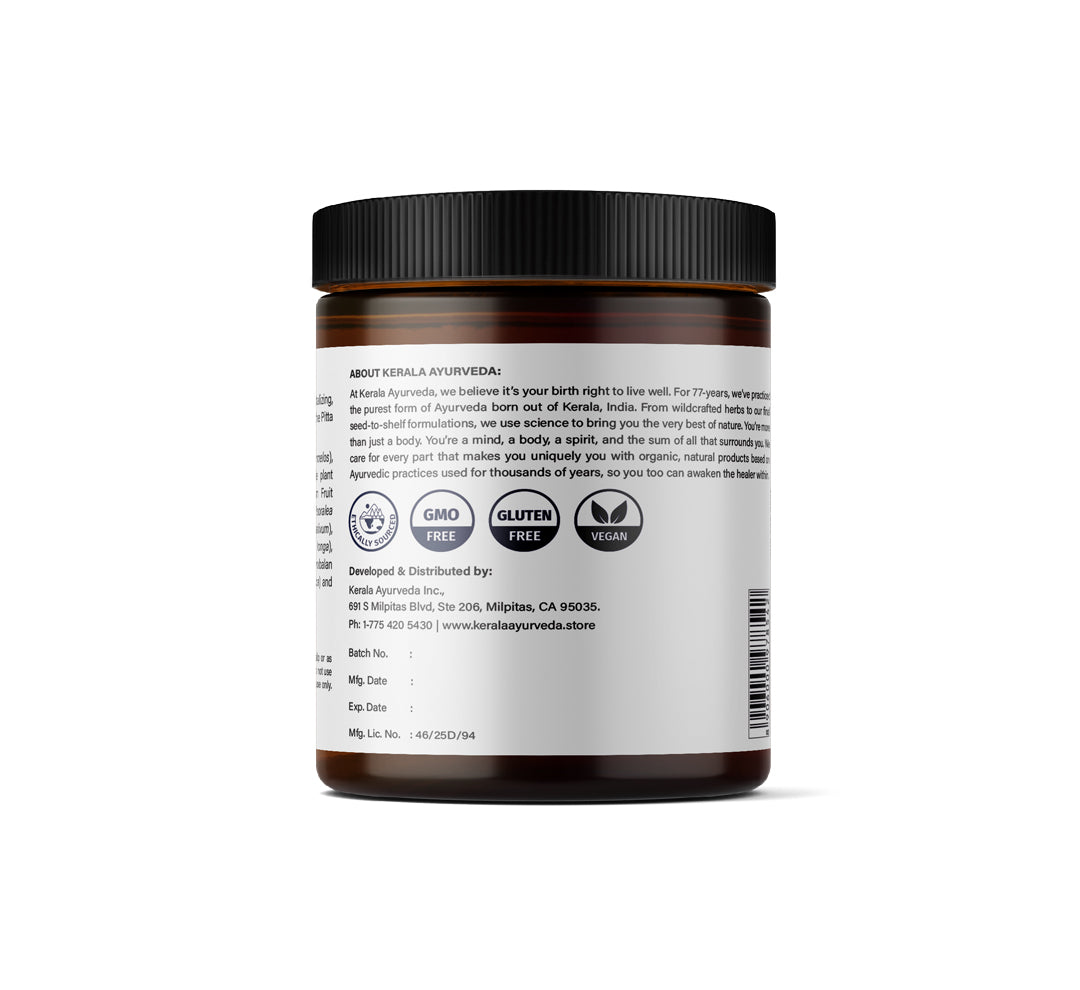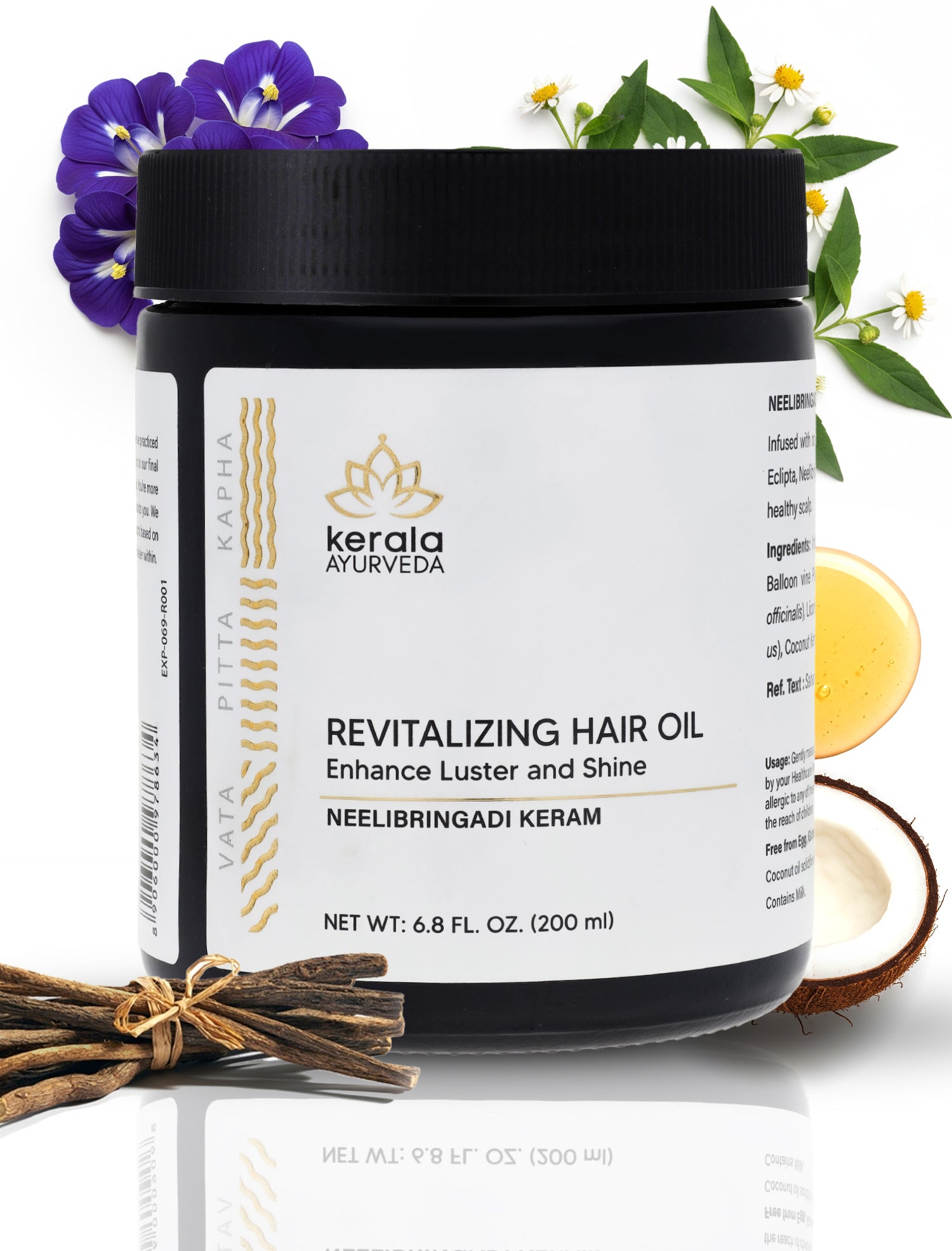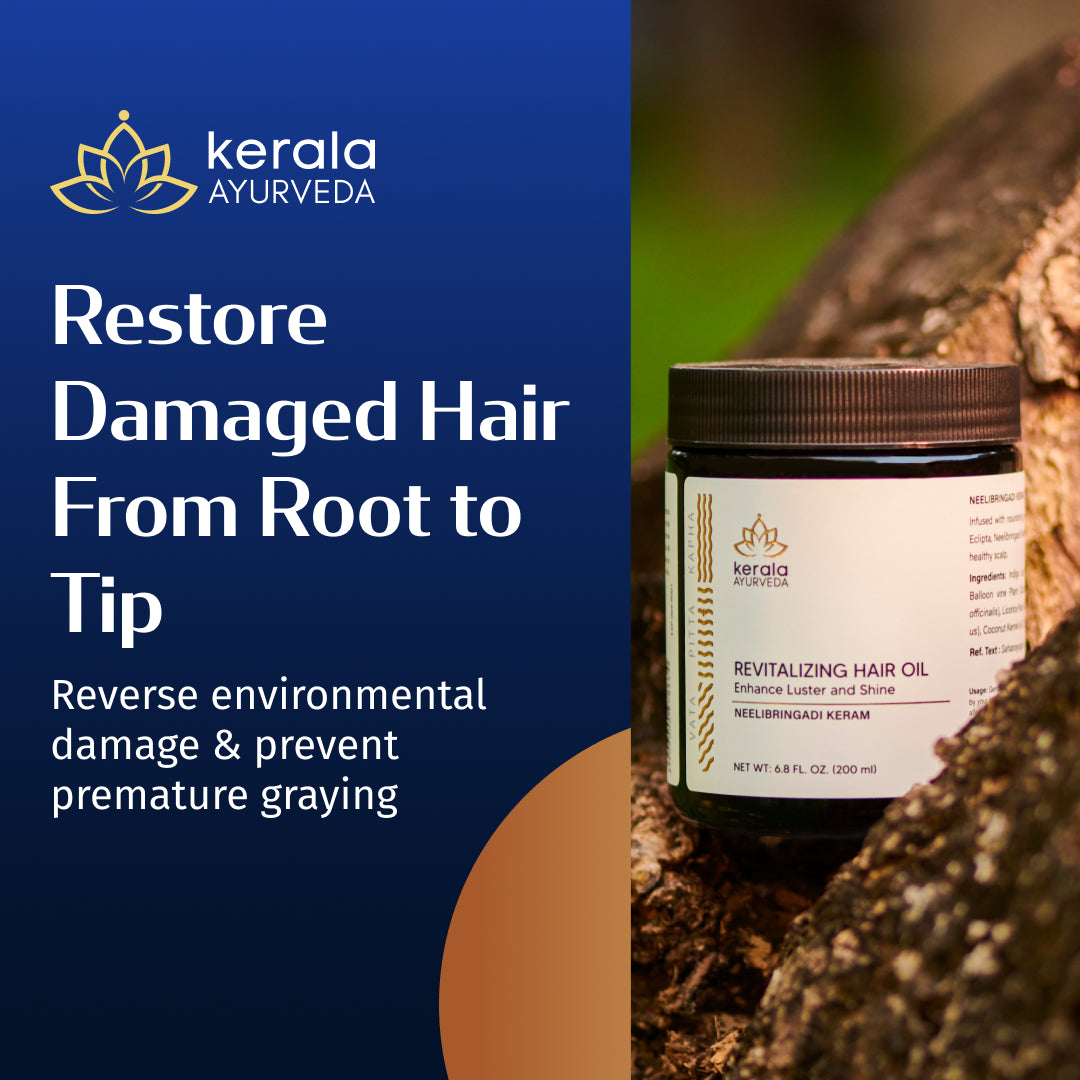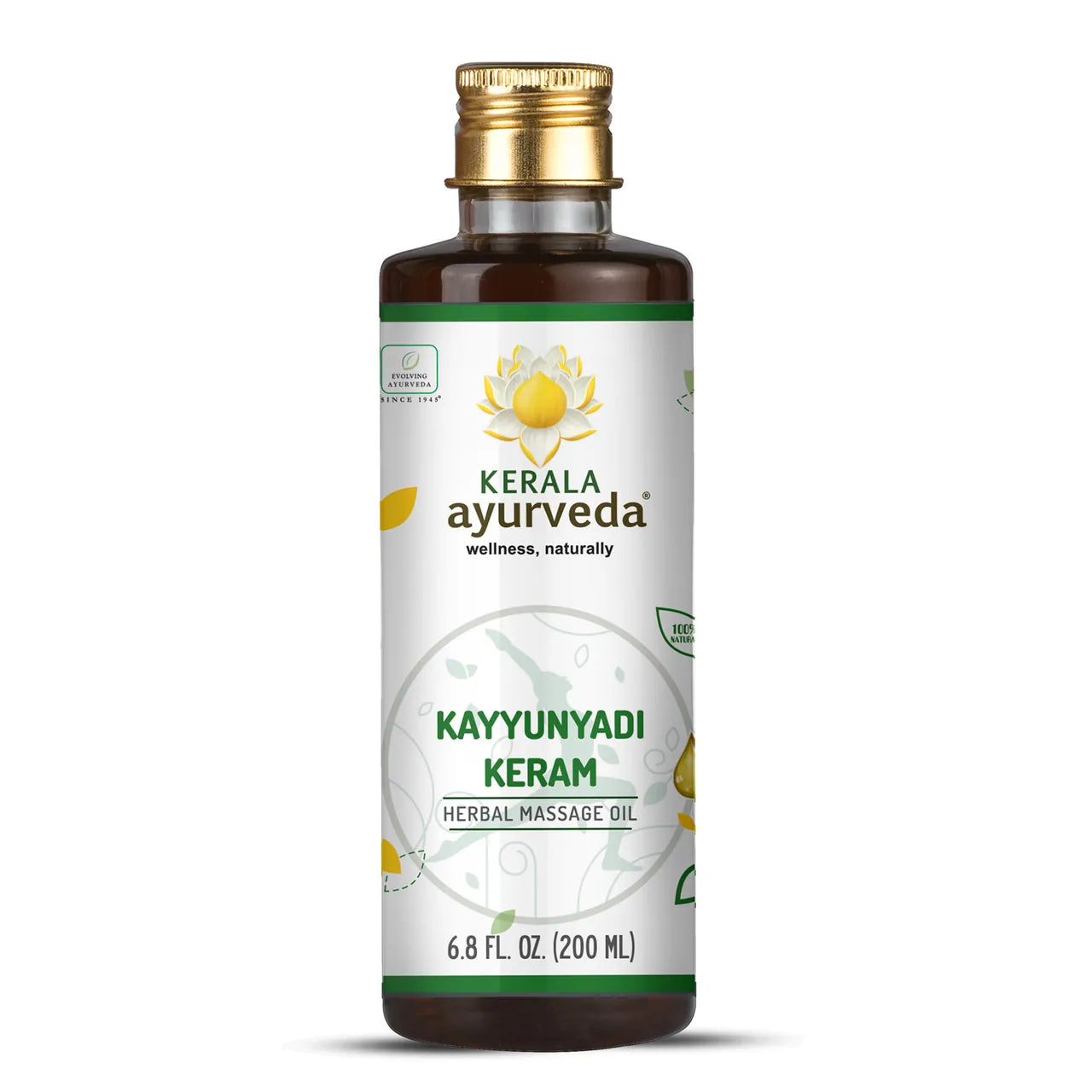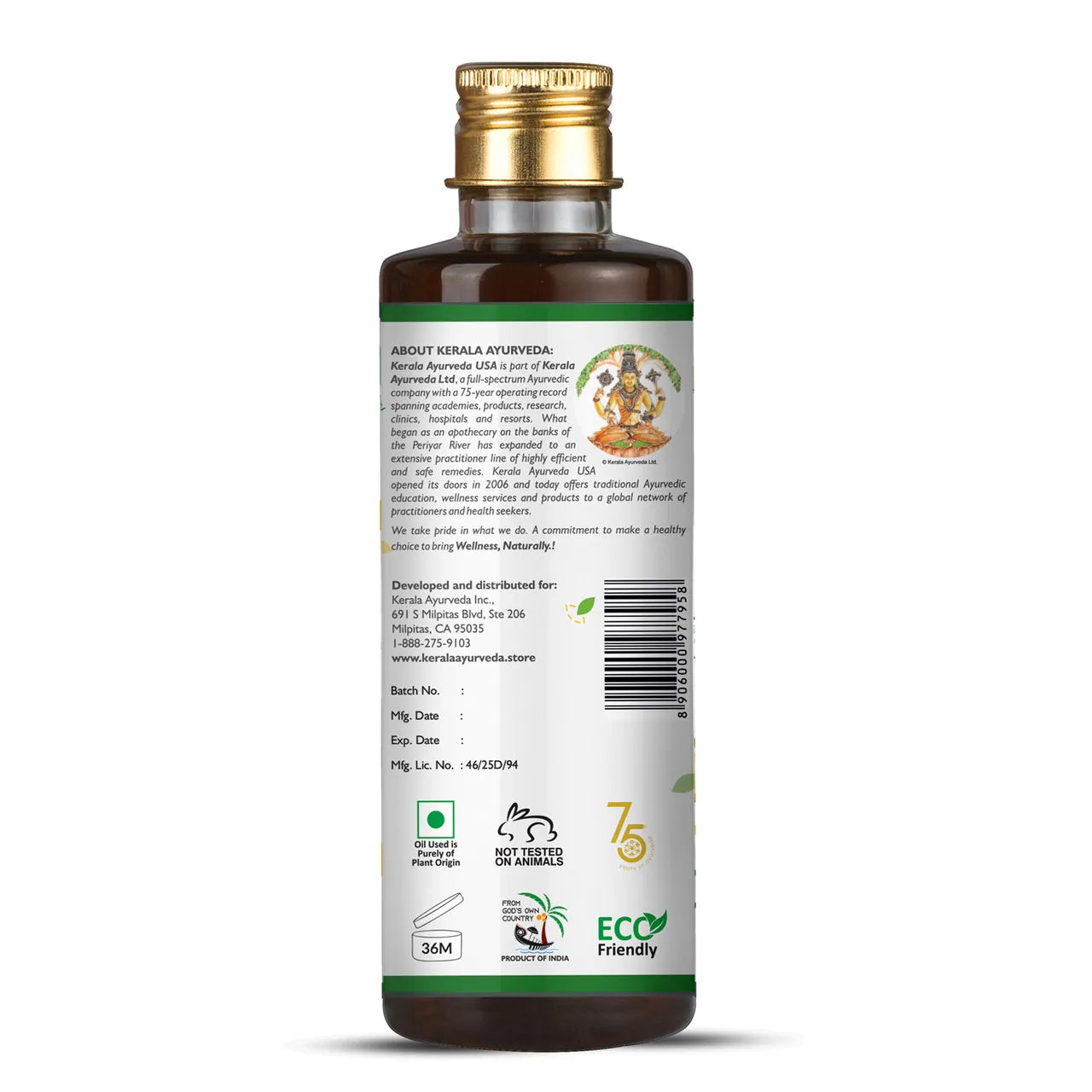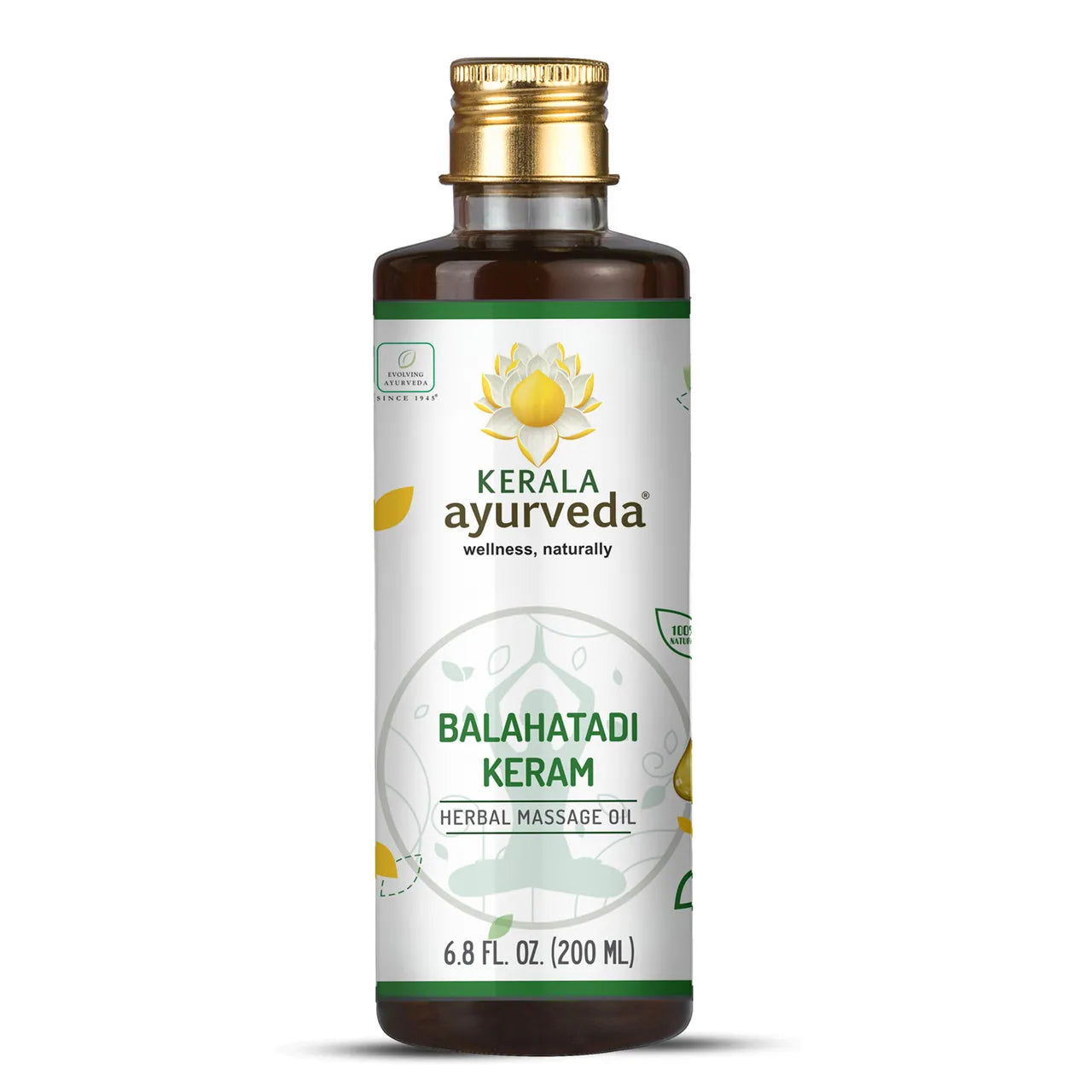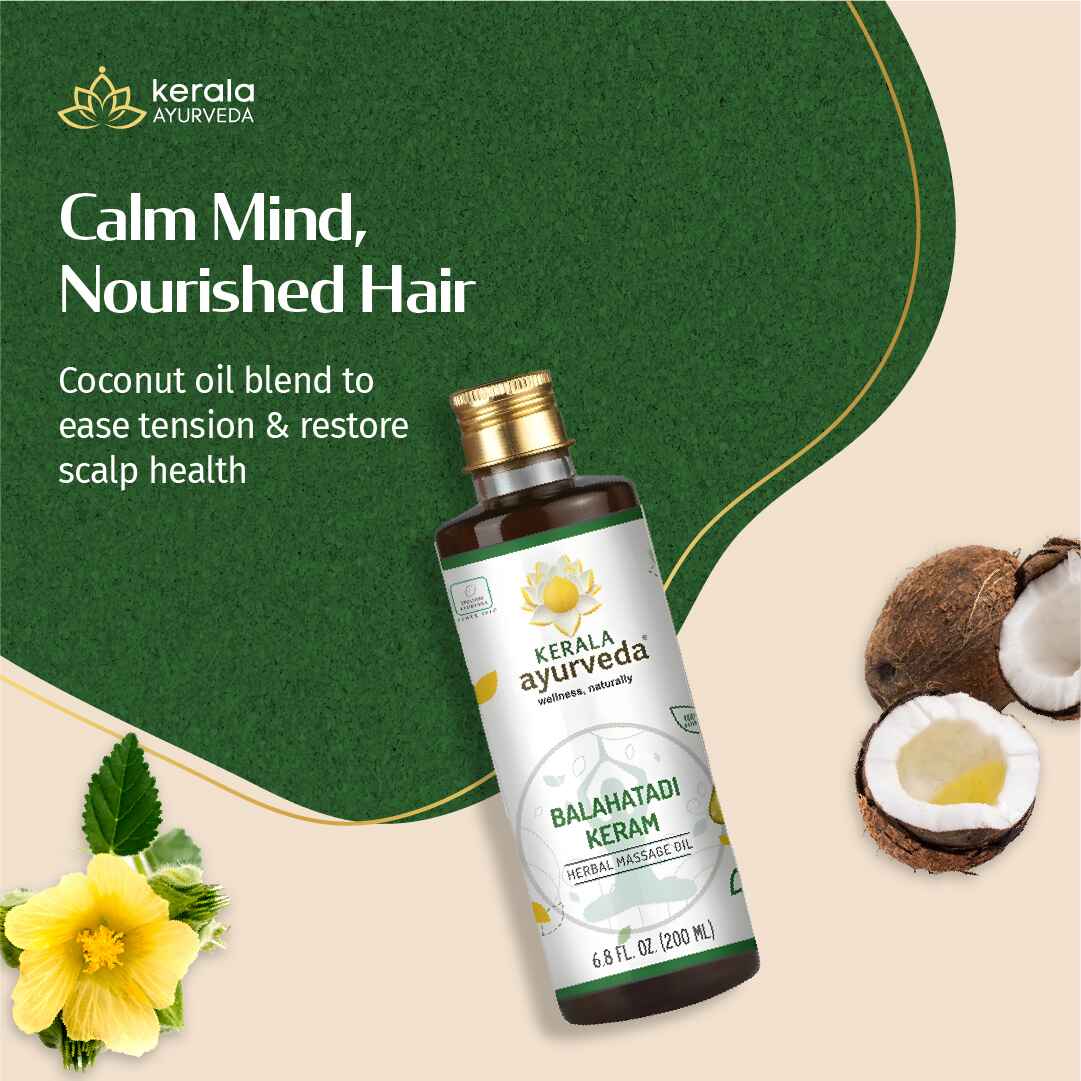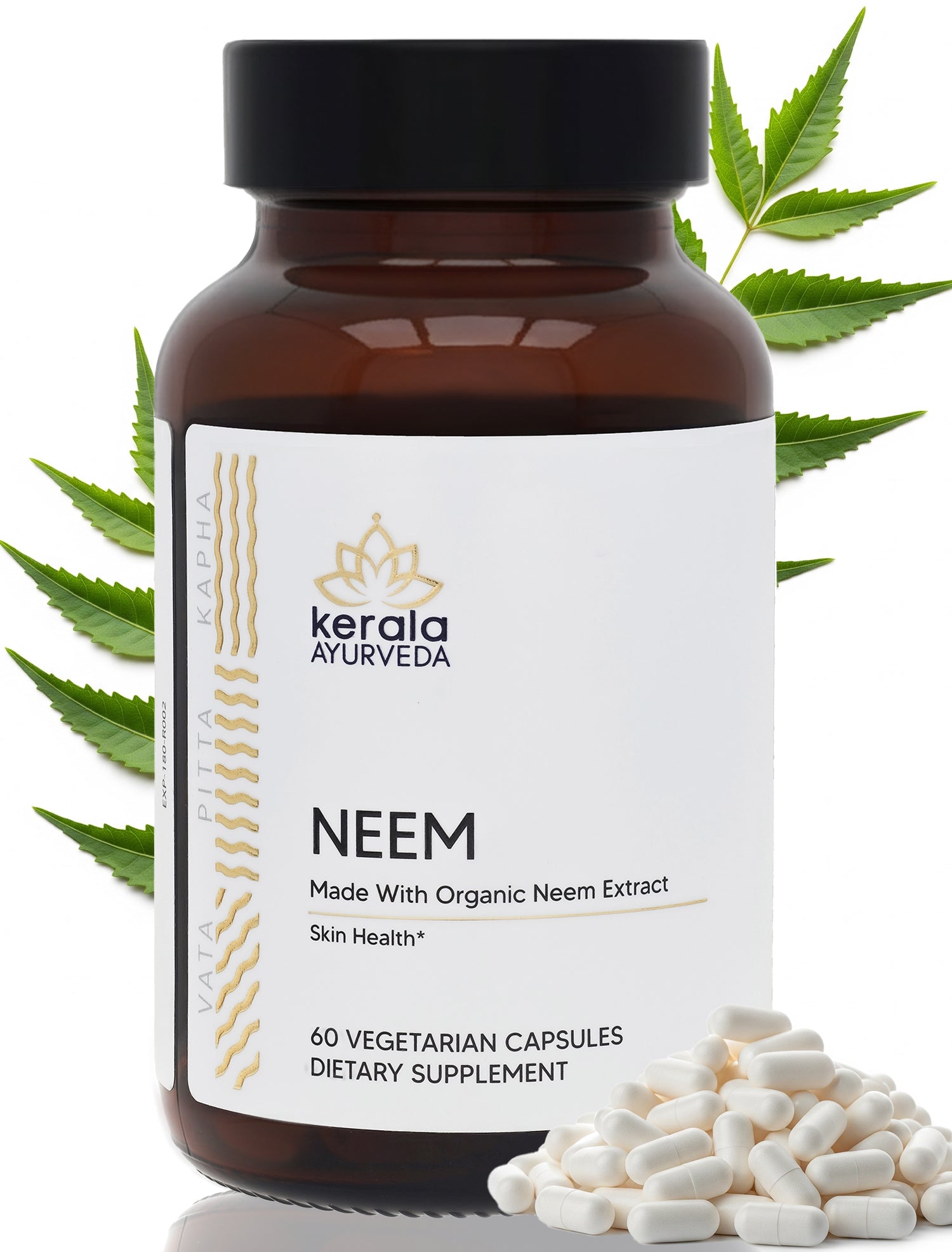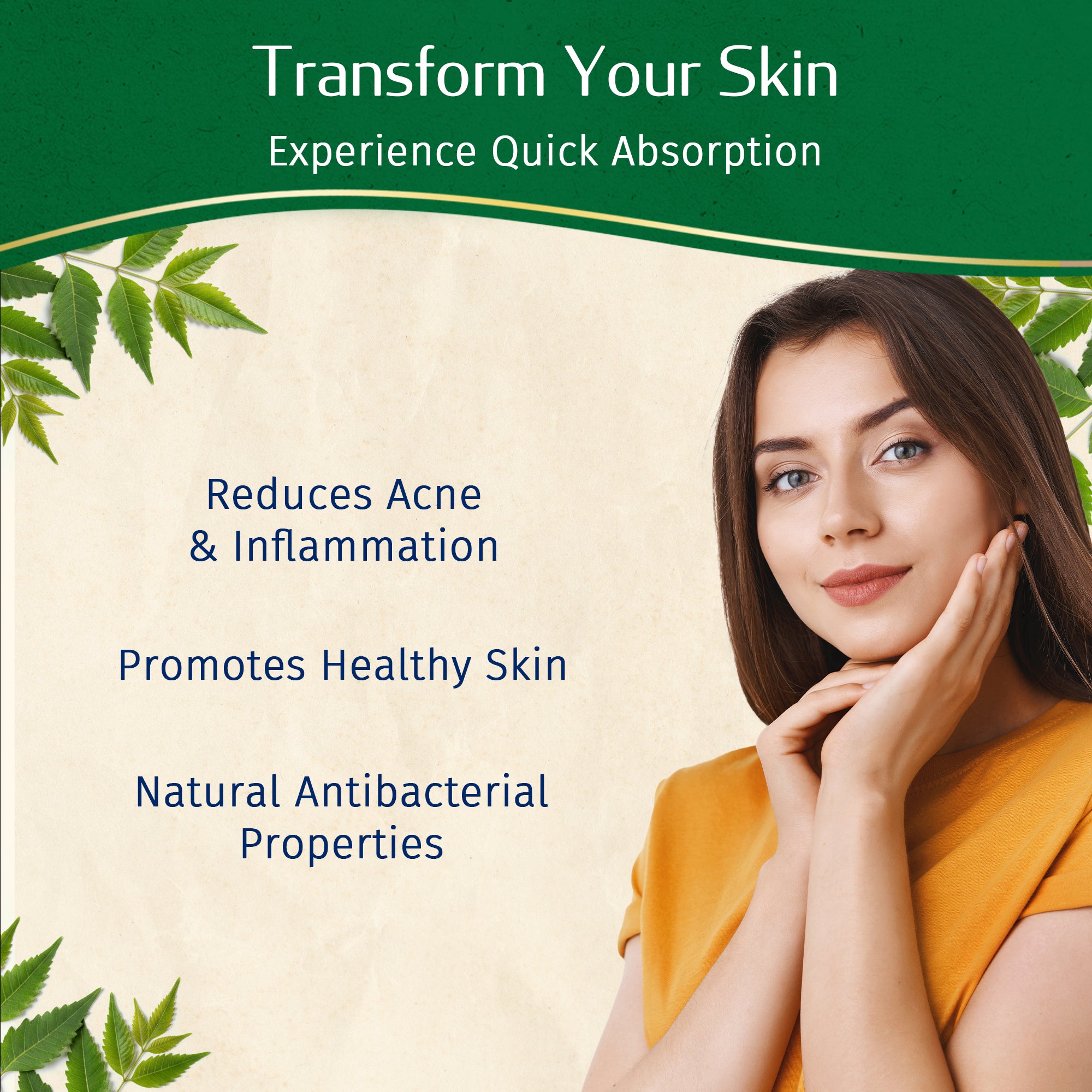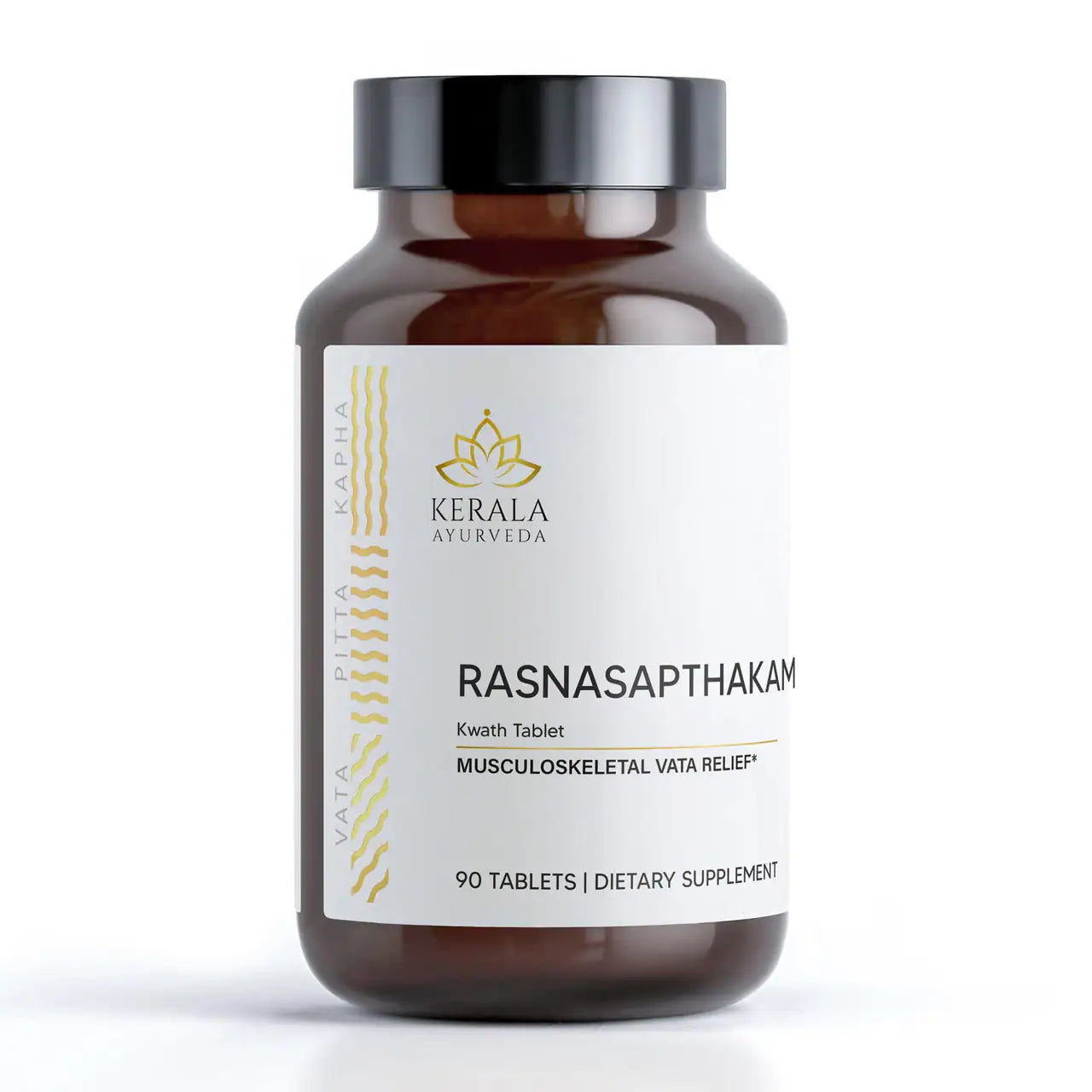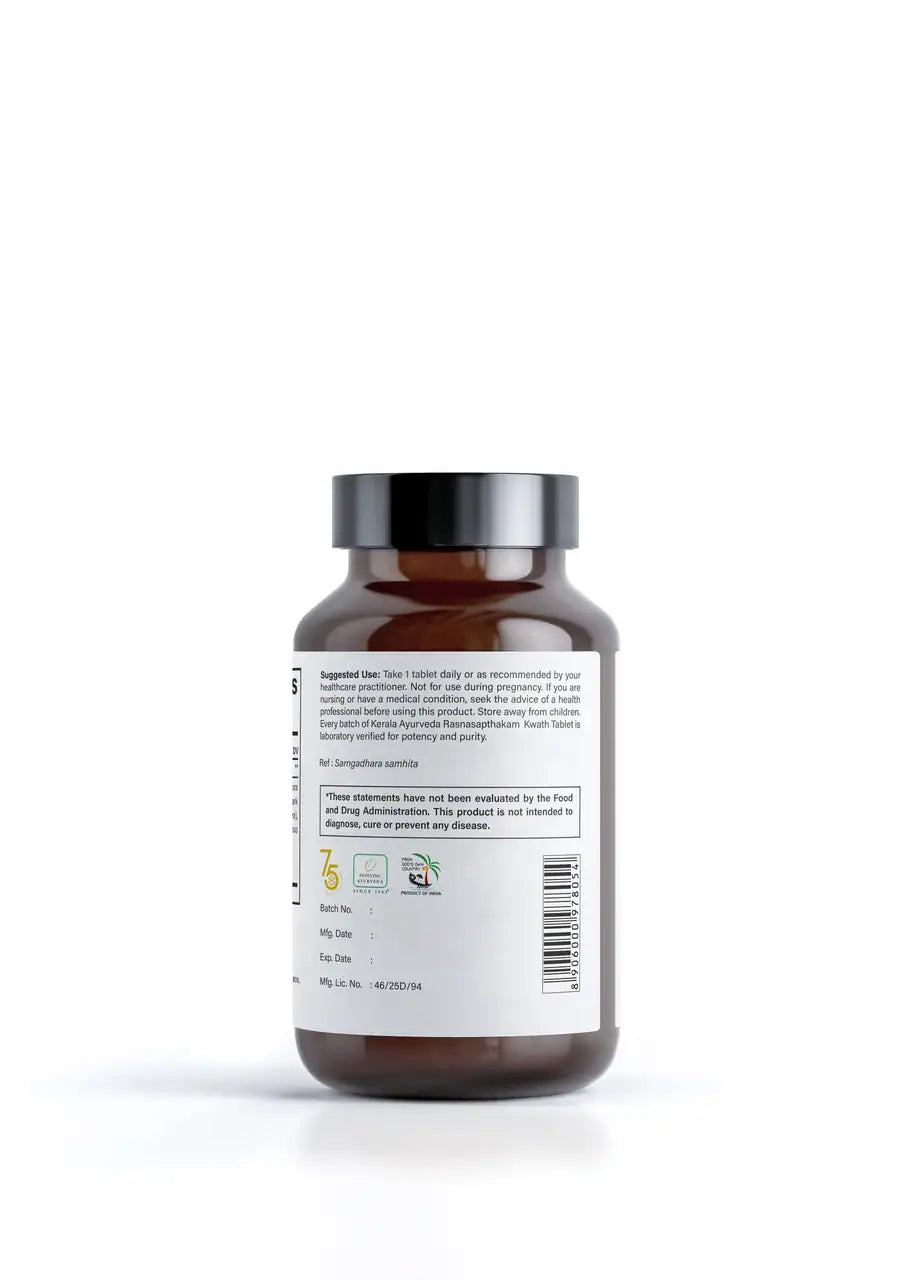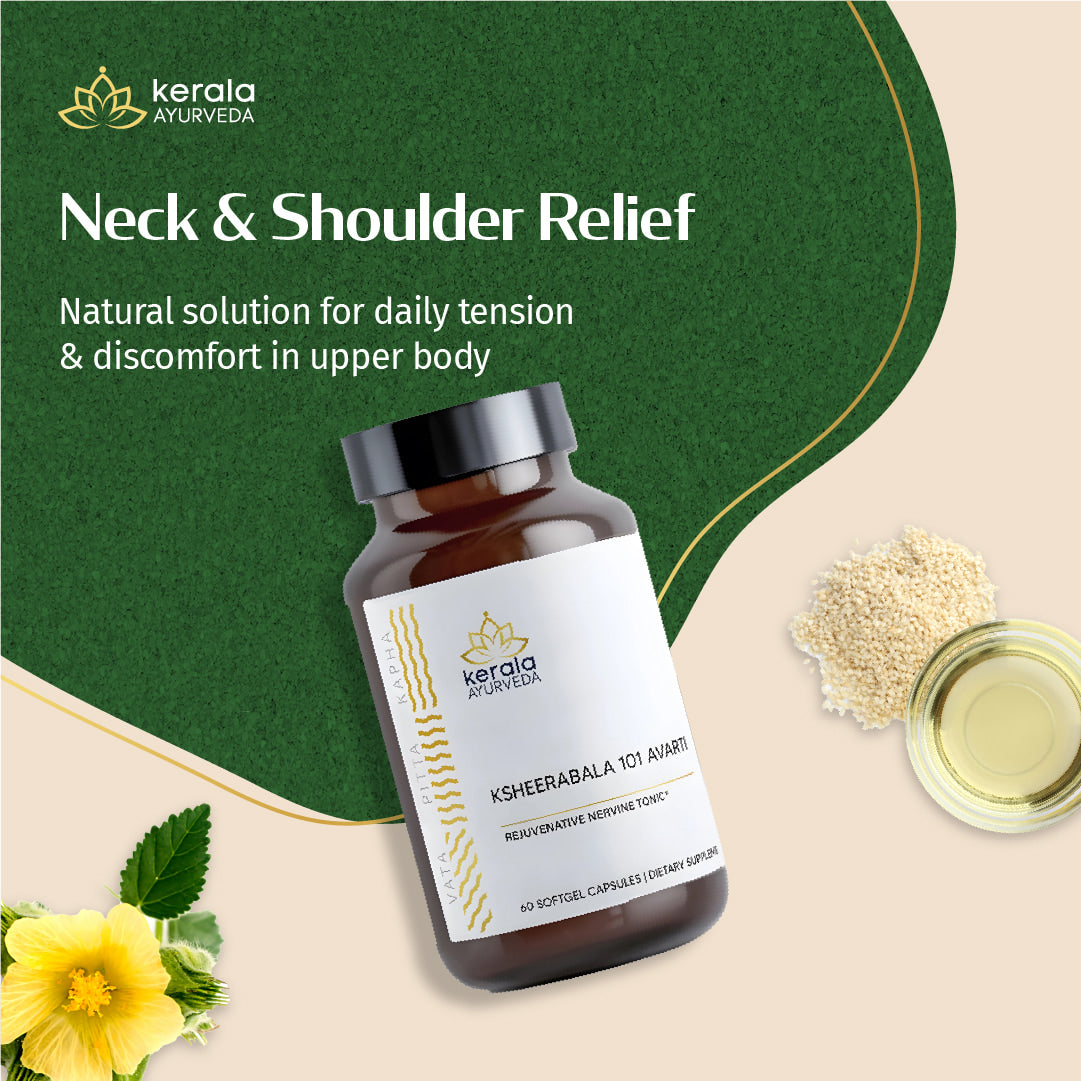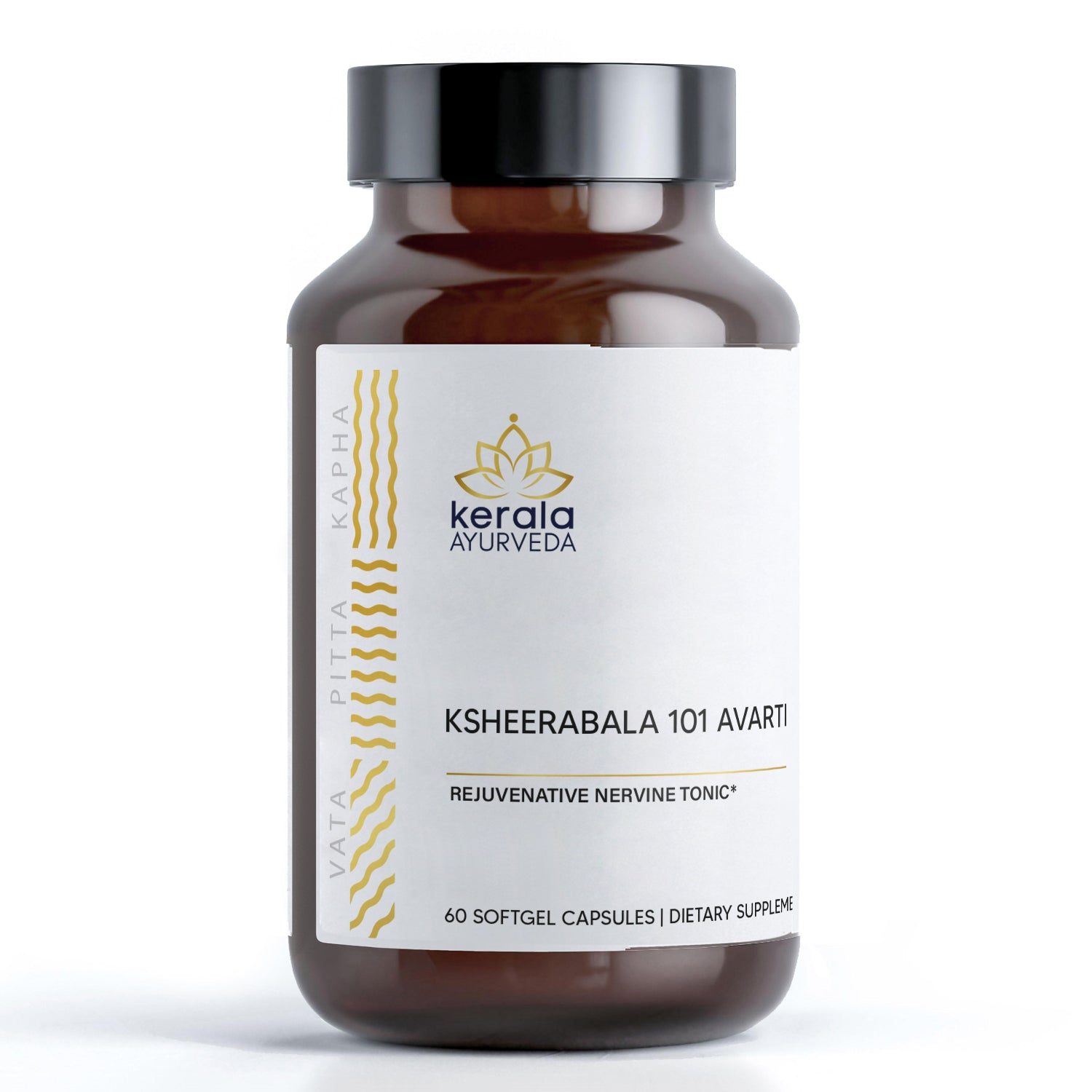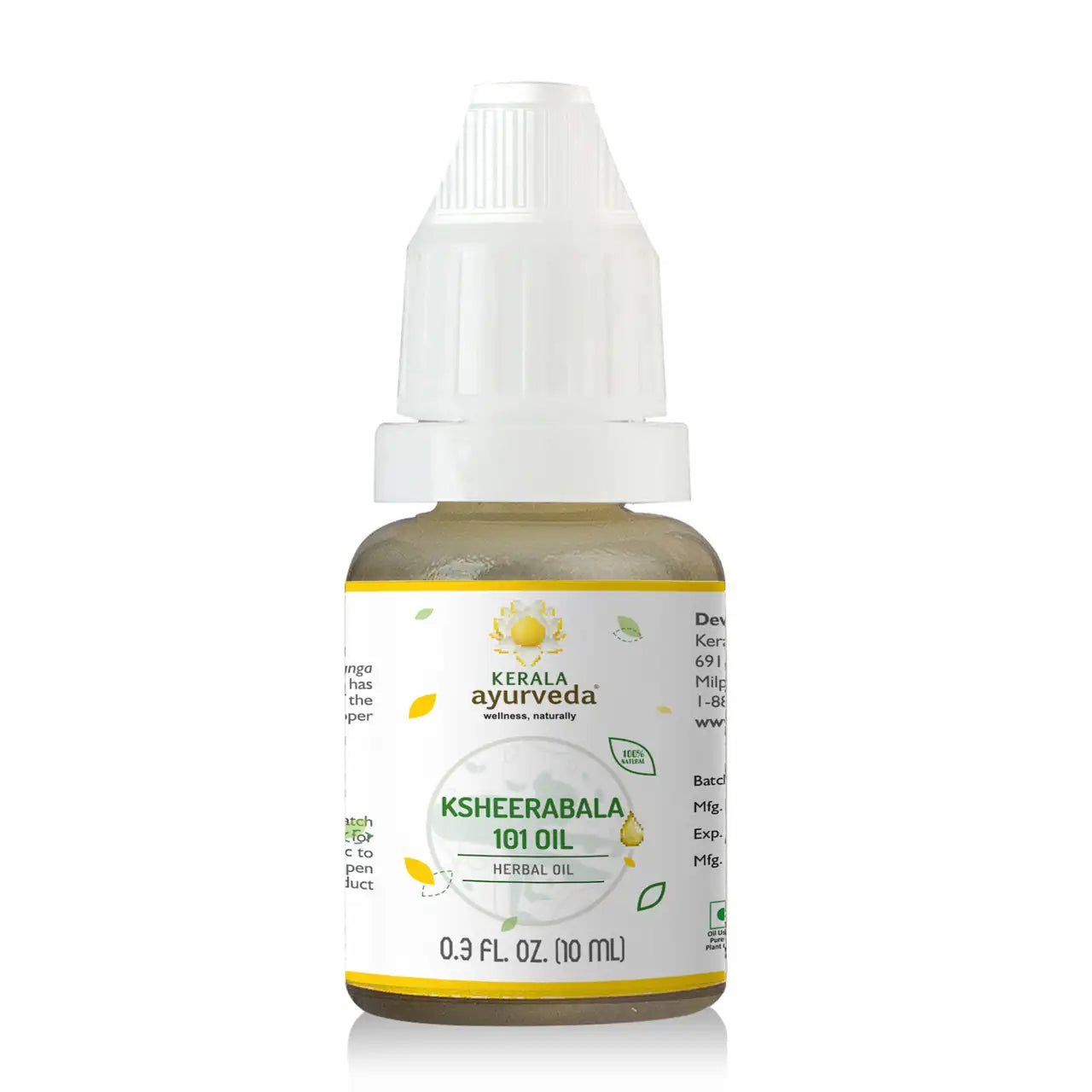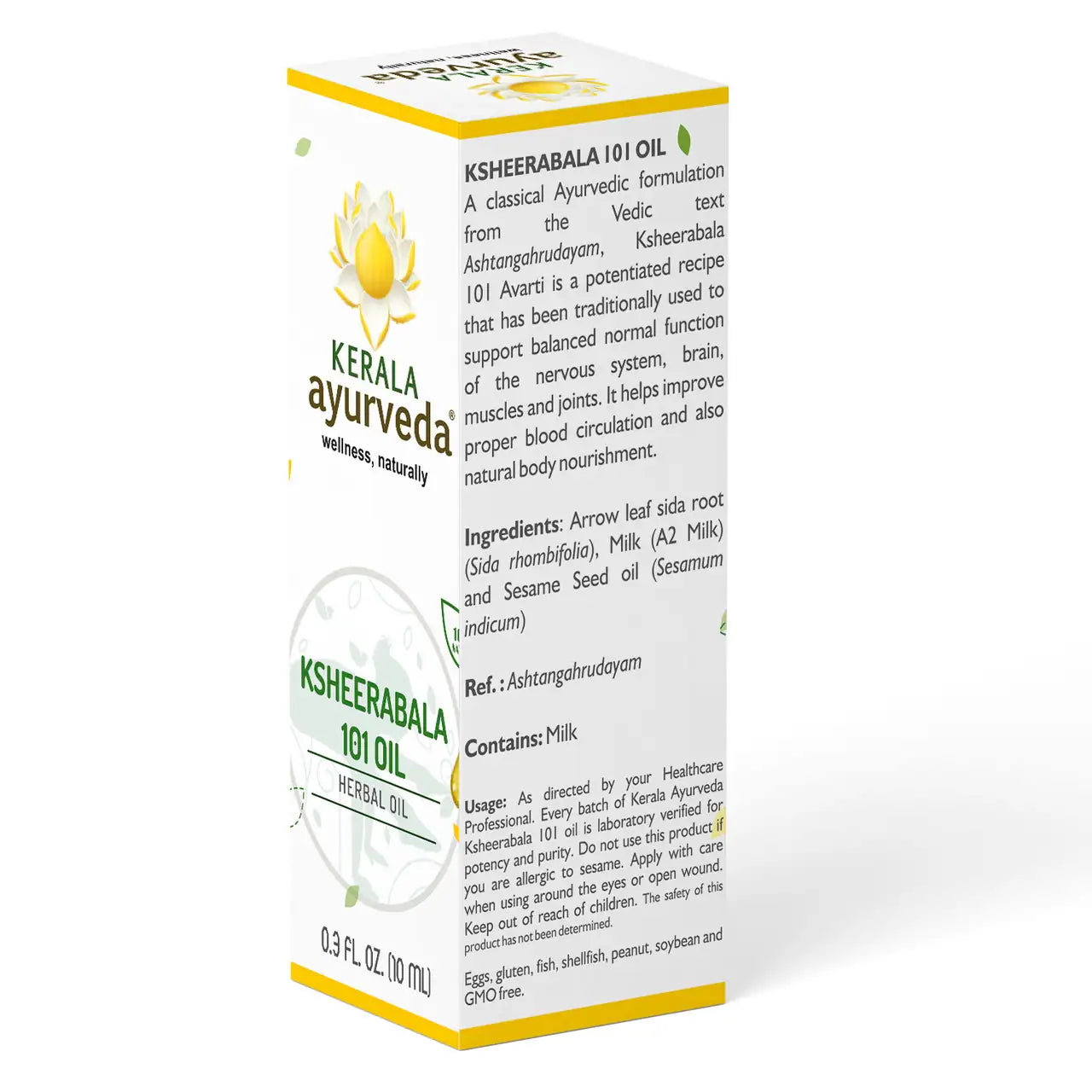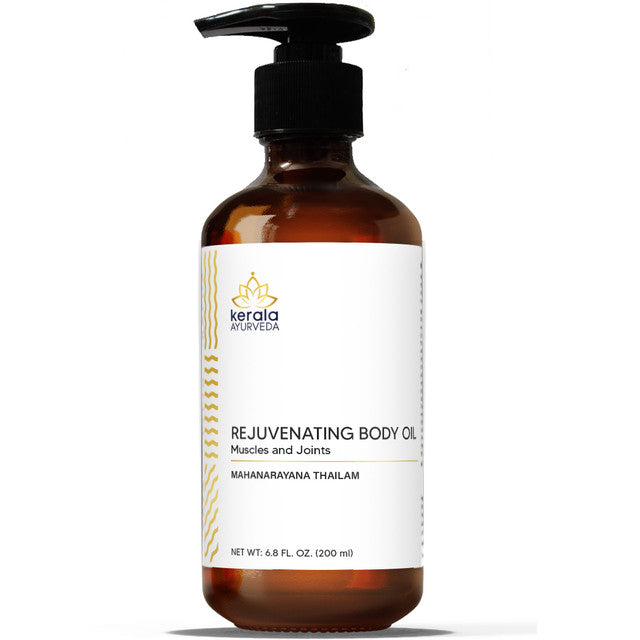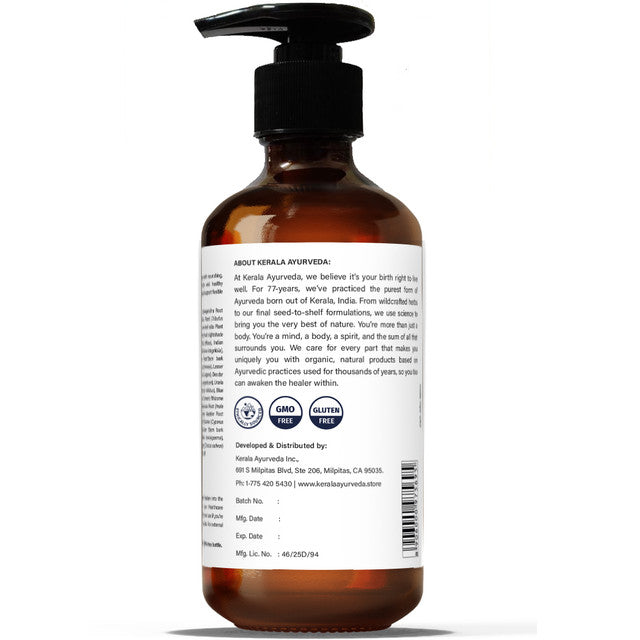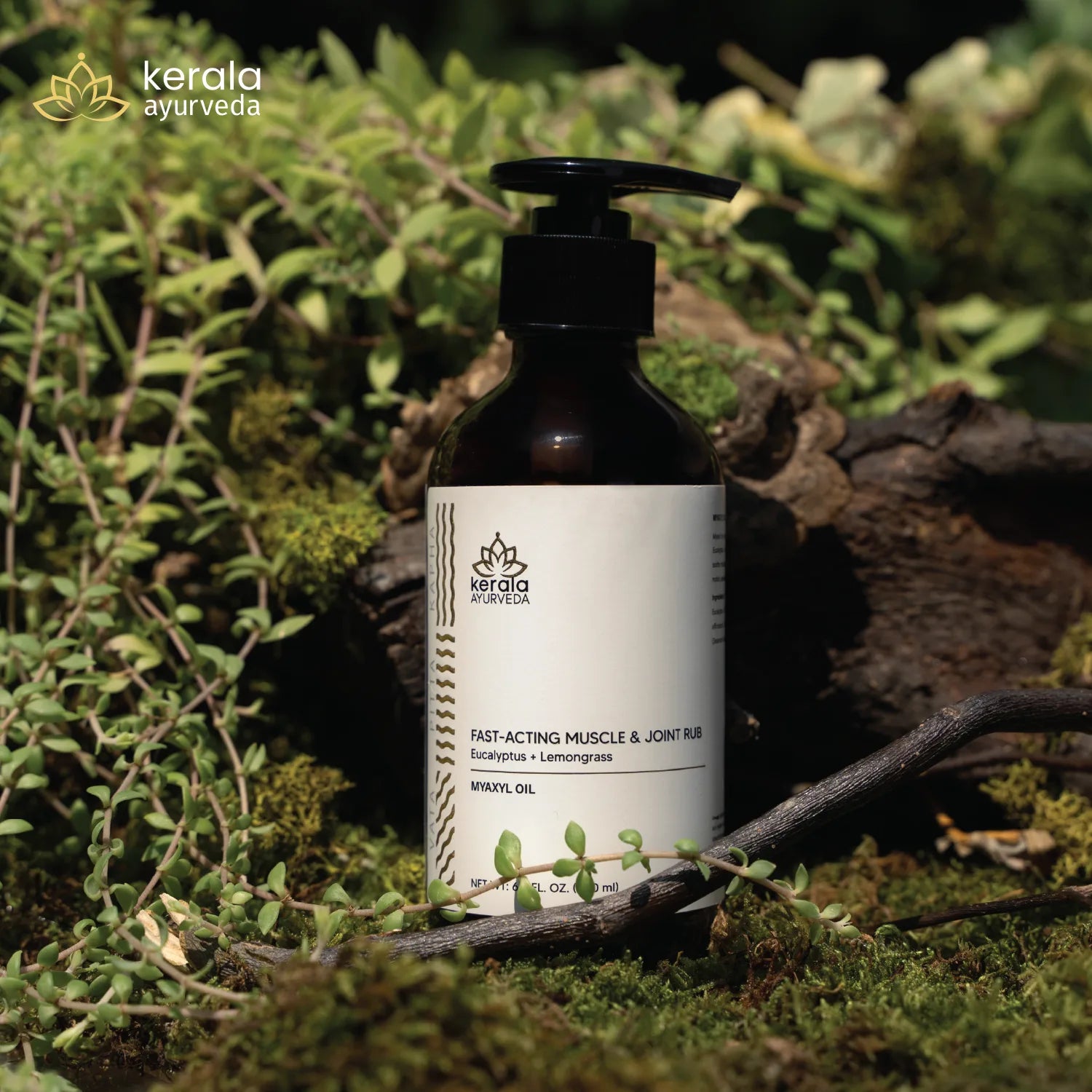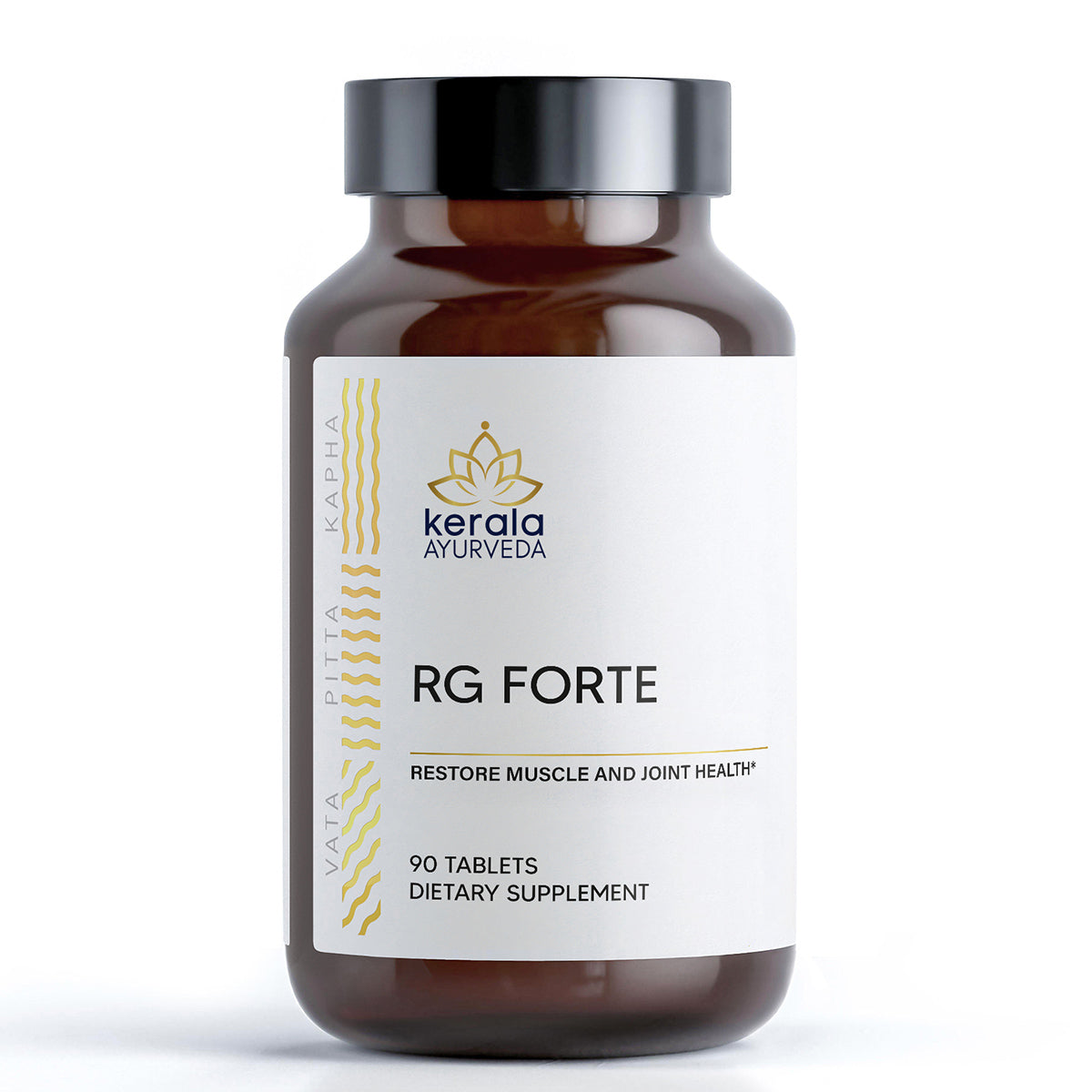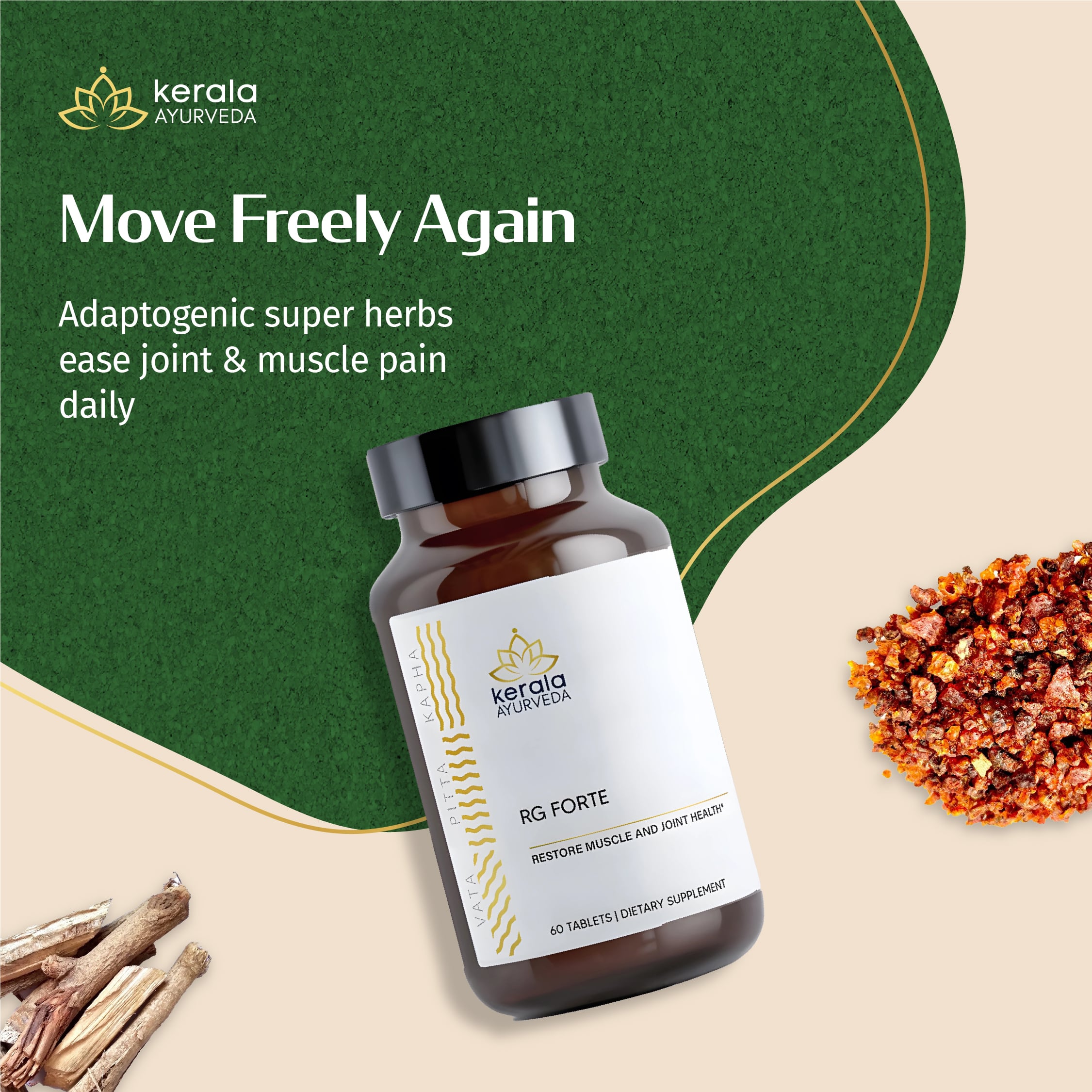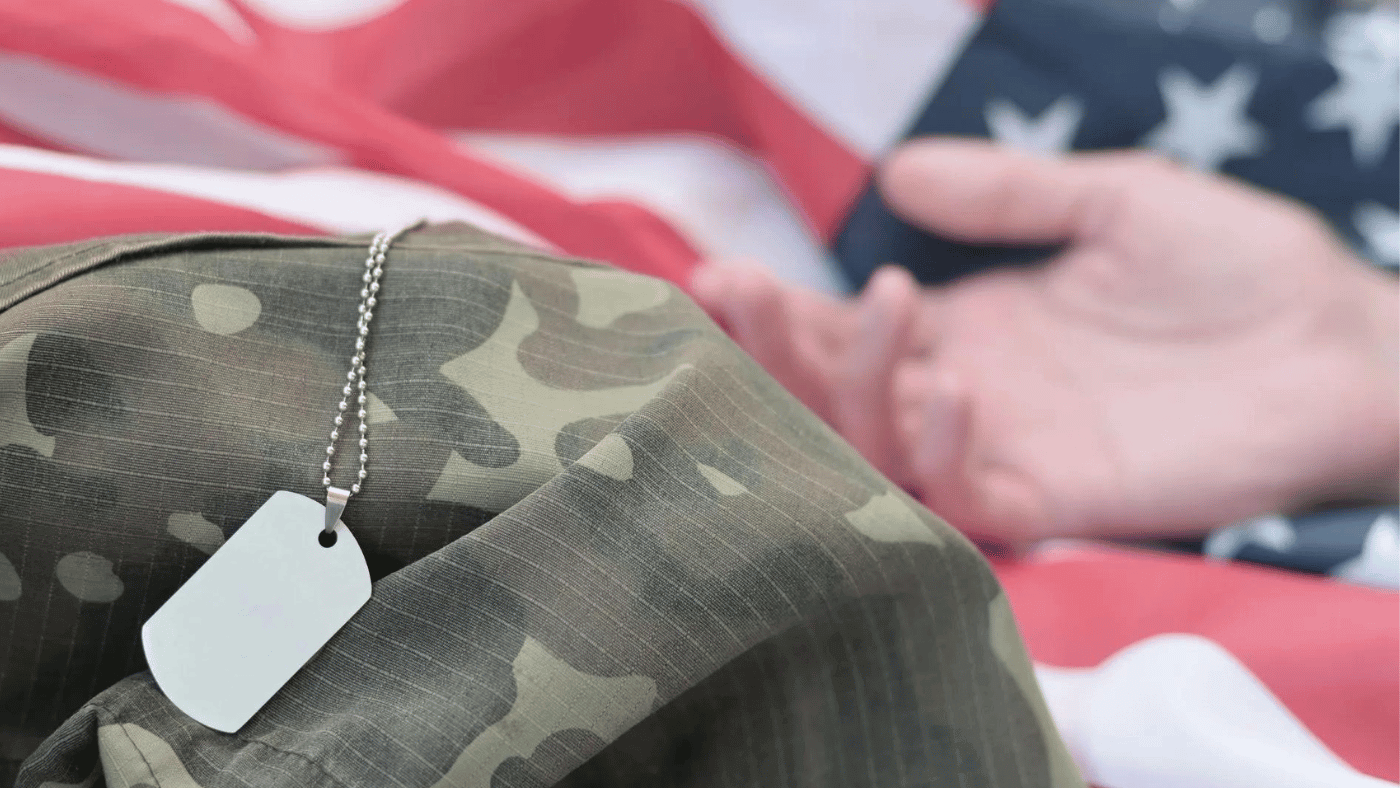Highlights
Through ancient systems like Ayurveda and modern assessment tools, we learn more every day about the power of the mind in well-being. Not all injuries can be quantified with our current tools. The damage caused by traumatic memories and stress, PTSD or Post-traumatic stress disorder, on individual psychology, is difficult to assess with precision. Ayurveda has always maintained that mental health is an integral and essential component of wellness, and the ability to cope with stress is the cornerstone of emotional well-being.
We all have to cope with stress and unprecedented events throughout our lives, though some professions face challenges regularly. Repeated exposure to stressors can deeply impact the psyche and quality of life. At Kerala Ayurveda, we acknowledge Armed Forces Day as a reminder of this deep impact and the wisdom we share for healing it.
Servicemen and military personnel are often confronted with a range of strong unique challenges and situations, which may not only hamper their physical health but also their mental well-being.
Among the various mental challenges faced by them, post-traumatic stress disorder, or PTSD is common and can be debilitating. During deployment, it is extremely common for military personnel to witness traumatic events, life-threatening situations, acts of violence, and atrocities which challenge their fundamental beliefs about the world and humanity. This crippling challenge to one’s worldview constitutes the essence of the trauma and can be experienced by any individual in a highly stressful situation. Let’s explore the Ayurvedic approach to addressing this imbalance.
Ayurvedic approach to mind and body
A holistic perspective on the mind, body, and emotions
Ayurveda, with a very holistic approach, has long described the intricate balance of Manas (mind), Shareera (body), Atma (soul), and Indriyas (senses), as being the epitome of health.
This goes well beyond the paradigm of the mere absence of disease, as Ayurveda focuses on truly optimizing physical, psychological, and spiritual well-being. The insightful perspective of managing both mind and body together, and a combined approach of both preventive care as well as disease management forms the unique basis of Ayurveda.
Ayurveda describes three primary qualities of the mind, Manogunas. This is similar to the Tridosha concept.
The three Manogunas
Sattva — clarity
Rajas — arrogance
Tamas — inertia
Of the Manogunas, Rajas, and Tamas are regarded as mind vitiators, Manodoshas. The imbalance of these two Manodoshas along with improper diet, faulty lifestyle, and stress affects the mind and leads to mental imbalance. Manas (mind) perceives knowledge through the five senses, while the Doshas: Vata, Pitta and Kapha, and Manogunas are interrelated and complement each other.
Just like every person is born with a unique balance of Vata, Pitta, and Kapha which determines one’s Prakriti – or unique psychosomatic constitution – the relationship of three Manogunas determines the mental constitution of a person which is subjected to change over time according to our diet, stress levels and lifestyle choices.
Manas has subtle and minute channels which carry thoughts and sensory energy, and are critical in maintaining a balanced state of mind. An interplay of Doshas, psychological state, and Gunas (qualities) results in disorders of the mind. These disorders ultimately lead to Manovaha Srotodushti or the blocking of energy-flowing channels of the mind. What is particularly interesting in this dynamic is how Hridaya, or heart, along with sensory pathways is considered to be the origin of the mind’s energy channels. This correlation within Ayurvedic science clearly emphasizes the fact that unfortunate experiences resulting in negative emotions lead to the derangement of mental channels, which causes psychological imbalances.
What is Post-Traumatic Stress Disorder (PTSD)
A brief history of PTSD
The diagnosis of PTSD did not exist until after the Vietnam War. Its effects were downplayed at the time because of the stigma surrounding mental health conditions. It was described as merely battle fatigue or shell shock. PTSD was famously dismissed by Gen. George Patton as “cowardice.” Nearly 700,000 soldiers sent to Vietnam later required help with PTSD symptoms. It was a previous misunderstanding that only the “weak-willed” soldiers suffered from PTSD. Diagnostic developments and studies of Post-Vietnam syndrome later led to a broader understanding of the connection between traumatic events and their long-term psychological effects.
PTSD can occur in any individual who has experienced or witnessed a traumatic event. Although it can happen to anyone, it is more common among war veterans — nearly 15 times more than civilians, due to the various hardships they face during deployment.
Up to 15% of US soldiers returning from deployment are diagnosed with PTSD and in 2017 alone 6,139 former US veterans committed suicide.
The number of veterans who suffer from varying degrees of PTSD but don’t seek help due to the stigma attached to psychiatric disorders is unaccounted for and may be much larger than we know.
Understanding PTSD’s Impact
PTSD is a long-term and lasting consequence of a traumatic event in which serious physical harm occurred or was threatened. For most people who experience such an event, the after-effects usually fade out with time, but for a person with PTSD, the feelings don’t go away and might even increase, leading to difficulty in day-to-day activities. Each person has his/her unique ability to cope with stress and trauma while not everyone develops PTSD. It is marked by clear physical and psychological symptoms.
The type of help and support a person receives following trauma and repeated exposure will influence the development and severity of PTSD.
PTSD symptoms can be grouped into four categories:
- Reliving the ordeal through intrusive recollections of the events, hallucinations, flashbacks, and nightmares. They feel extremely distressed when such reminders of the trauma occur. Words, objects, or situations that remind of the event can trigger re-experiencing symptoms.
- Emotional numbness, avoiding places, people, situations, and activities that remind of the trauma. This can lead to detachment and social isolation.
- Negative thoughts and feelings including distorted beliefs about oneself, trouble recalling an important aspect of the event, and persistent feelings of guilt or shame.
- Increased arousal and reactive symptoms such as excessive emotional outbursts, behaving recklessly, difficulty concentrating, being jumpy or easily startled, difficulty sleeping, and being easily irritated. There might also be some physical symptoms including increased blood pressure, rapid breathing, nausea, and muscle tension.
It is common for veterans with PTSD to experience functional impairment, depressive episodes, anxiety, alcohol abuse, and feeling suicidal at times.

Taming trauma: how Ayurveda can help combat PTSD
PTSD through the Ayurvedic lens
Asatmya indriya artha samyoga (incompatible relation of senses with their objects), kala (time), and pragyaparadha (intellectual error) are described as the three causes of all diseases in Ayurveda.
In PTSD, witnessing unpleasant or fearsome events, such as loud noises, cause perverted unison of vision and auditory senses. Wrongful actions relating to mind, body, and speech like bodily assault, torture, fear, anxiety, and harsh words constitute intellectual blasphemy. This initiates a complex chain of vitiation to the Doshas – both Shareera Dosha (physical) and Manodosha (psychological) – which manifests as PTSD.
Ayurveda embraces a holistic approach to the treatment of PTSD, focusing on various aspects of health through a customized plan according to individual needs. The genesis of Manovikara (afflictions of mind) and its manifestation in each individual is unique. To restore the lost clarity of mental channels, Ayurveda offers a wide array of therapeutic measures which include herbal formulations, Panchakarma, nutrition, Yoga, exercise, and daily routine which improve overall health along with catering to the spiritual well-being of the individual.
Ayurvedic way of living: diet, Yoga, and lifestyle adaptations
Nutrition plays an important role not only in physical conditions but also in psychological wellness and plays a key role in the proper functioning of our senses. PTSD and other mental health disorders have been linked to unhealthy dietary habits and stress-related eating disorders, which can ultimately impact physical health.
Manovikaras arising due to fear and grief result in the vitiation of Tridoshas, predominately Vata Dosha.
Vata Dosha in its balanced state leads to happiness, creativity, and positive mental capacities. When imbalanced, it leads to grief, fear, and feeling anxious, and inhibits Agni or digestive fire. A diet and lifestyle which calms Vata along with proper use of body therapies and herbs will result in an improved state of mind. Following a proper dietary, and daily regimen is a pragmatic, cost-effective, and easy way to improve stress levels associated with PTSD. Developing a proper regimen with adequate time to practice exercise, spiritual practices, and rest, will help us in prioritizing ourselves and naturally help in calming our mind, regardless of what happened in the past and what is going on in our lives currently.
Yoga and breathing techniques like Pranayama are receiving global recognition in the field of Psychotherapy for their ability to support individuals dealing with unresolved trauma, which can manifest as PTSD.
Helpful lifestyle and dietary modifications for people suffering from PTSD include:
- Prefer warm, nourishing, moderately heavy, unctuous food. Include more of sweet, sour, and salty tastes, and avoid bitter, pungent, and astringent food.
- Avoid eating when you are stressed and consume food in a peaceful, calm atmosphere with all your attention only towards food.
- Avoid raw, uncooked food like salads as it vitiates vata, and use spices like garlic, cloves, cumin, black pepper, and fats like ghee, and sesame oil to prepare your food.
- Light exercise and gentle, calming, and slow-paced Yoga postures which don’t aggravate Vata like Paschimottasana (seated forward bend pose), Ardha matsyendrasana (half spinal twist pose) help in calming and relaxing the senses.
- Practice Pranayama (breath control), and deep relaxation methods like Shavasana (corpse pose) and meditation, which help to clear the channels of the mind, and restore the energy channels of the mind.
- Maintain a proper daily routine or dinacharya which helps in balancing Vata.
- Wake up and sleep at the same time, and focus on the needs of your body.
Ayurvedic supplements and therapies for managing trauma and stress
Brahmi and Ojas-increasing herbs
Brahmi is a traditional Ayurvedic herb renowned for its brain-nourishing capability. It creates a peaceful sense of calm which can be immensely beneficial for stress and trauma. With the goodness of herbs like Bacopa, Butterfly pea, in a medium of ghee, Kerala Ayurveda’s Brahmi Pearls are a well-balanced composition that rejuvenates and enhances mental functions.
Ayurveda draws a strong connection between digestive strength and overall well-being. Maintaining strong Agni or digestive power supports the system’s immunity, which is essential for managing day-to-day stressors. The ability to “digest” goes beyond basic nutrients – it also applies to thoughts, feelings, and experiences. Strong digestion produces strong Ojas, or vitality, and is associated with a calm and peaceful mind for this reason. Kerala Ayurveda’s Ojas Capsule is a blend of digestive and anti-oxidant ingredients like ginger, black pepper, and long pepper which supports good digestion and gently cleanses the body and imparts optimum health.
Time-tested Ayurvedic therapies that can help manage PTSD
Ayurveda has a plethora of procedures that help in soothing and calming your senses and provide complete relaxation of the mind and body which can be of immense use in PTSD.
Shirodhara
Dripping medicated oil or buttermilk over the forehead in a slow, steady stream – Shirodhara calms the senses and supports normal functioning of mind and body, and gives you a sense of tranquility. This process balances Vata dosha, clears Srotas (energy channels) and the continuous pouring of oil brings a sense of deep relaxation by working on Marma (vital energy points) and removing sensory overload.
Abhyanga
Abhyanga, or daily massage, is highly useful in imbalances of Vata and is included in Dinacharya (daily regimen) in Ayurveda as it ensures optimal strength to senses and rejuvenation. Regular body massage with Kerala Ayurveda’s Pavan Oil, which is a unique combination of naturally occurring Vata-pacifying herbs such as Licorice, and Indian ginseng in a base of sesame oil and is refreshingly light and nourishing. Another time-tested massage oil is Kerala Ayurveda’s Dhanwantharam Thailam, which is named after Lord Dhanwanthari, the god of Ayurveda medicine. It is a combination of carefully chosen ingredients as mentioned in the Vedic text like Country Mallow, Bala, Dashamoola, Ashwagandha, etc. These ingredients are well-known alleviators of Vata. Dhanwantharam Thailam is also an excellent recipe for relief from fatigue and stress, thus making one feel energized.
It is a continuous challenge for those suffering from PTSD to recover from past trauma and find healing in their lives. Ayurveda is a comprehensive system with a variety of tools to assist in building a window of resilience, through various simple, yet effective measures to soothe the whole system. The Vedic way offers afflicted individuals the capacity to rebuild their lives, with the hope of a new foundation for health and possibilities.




